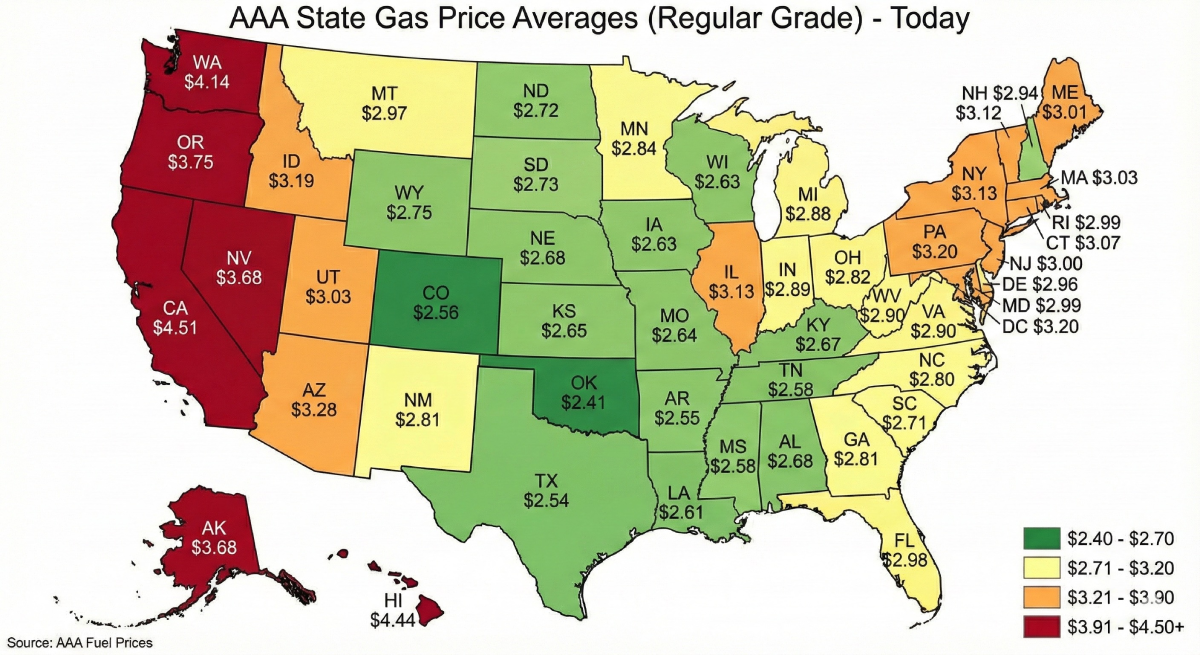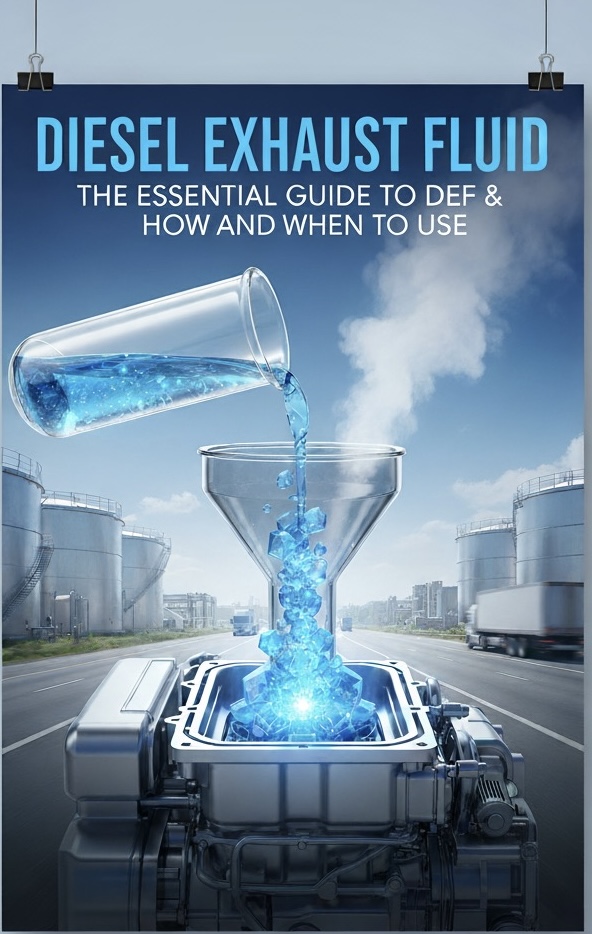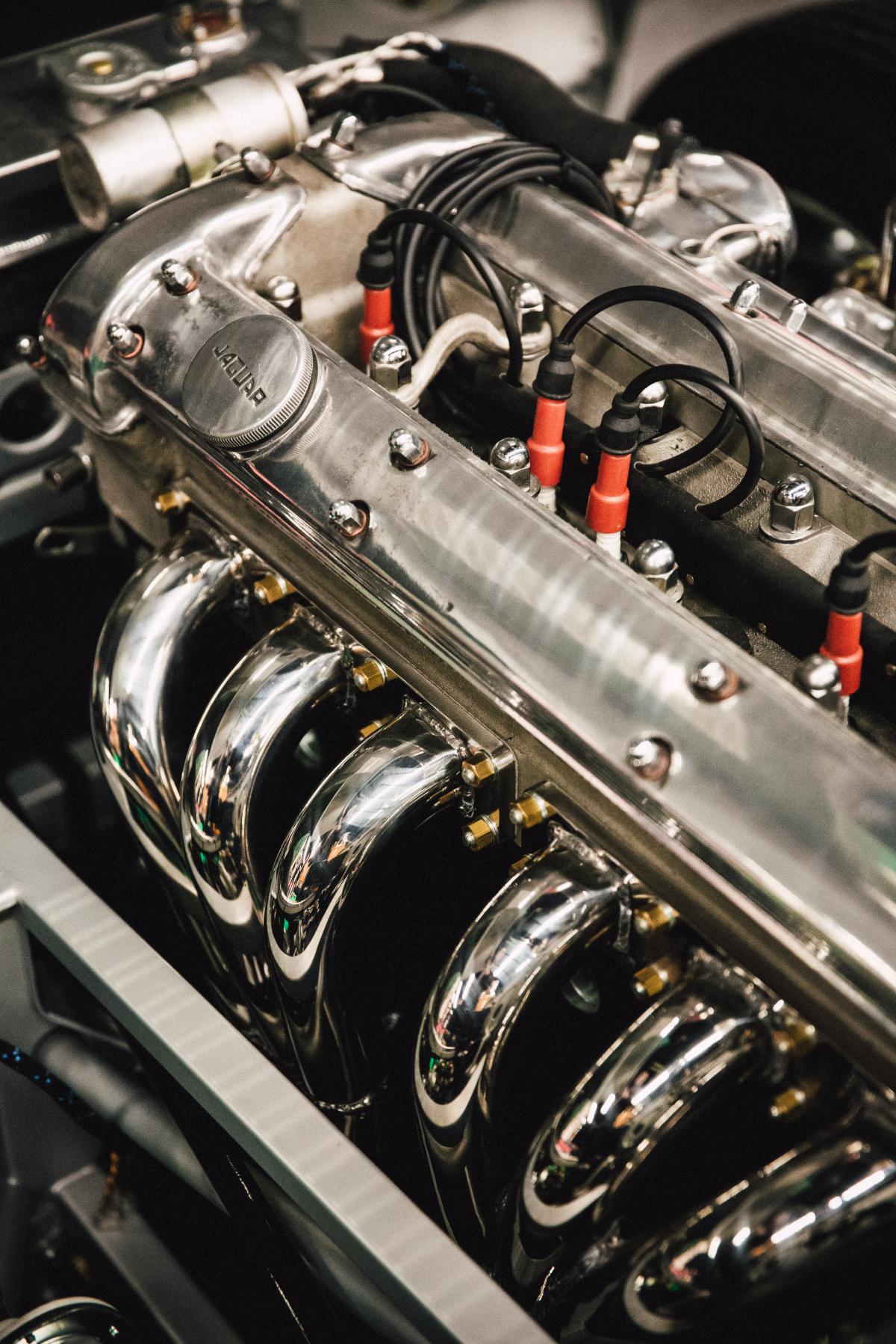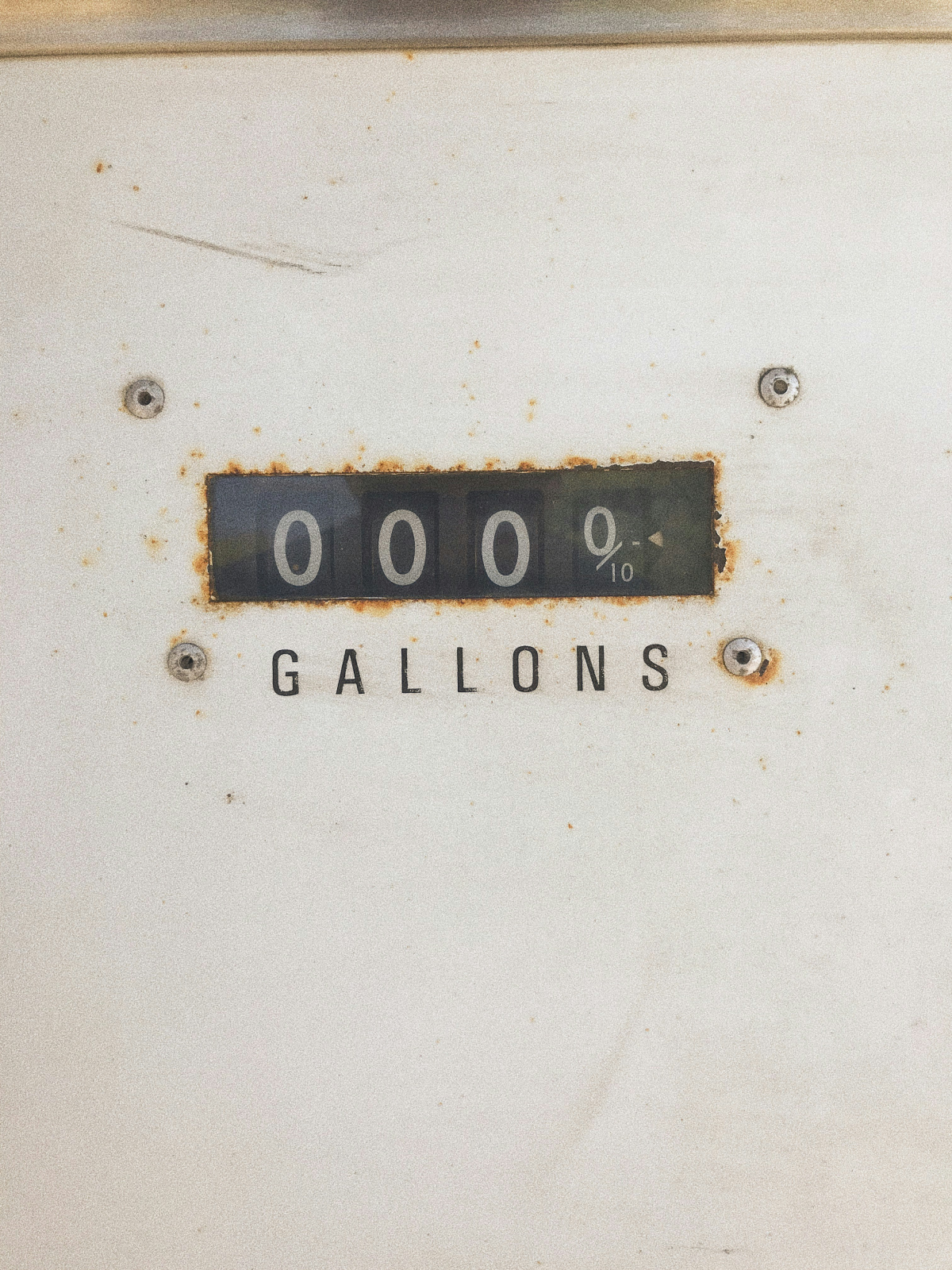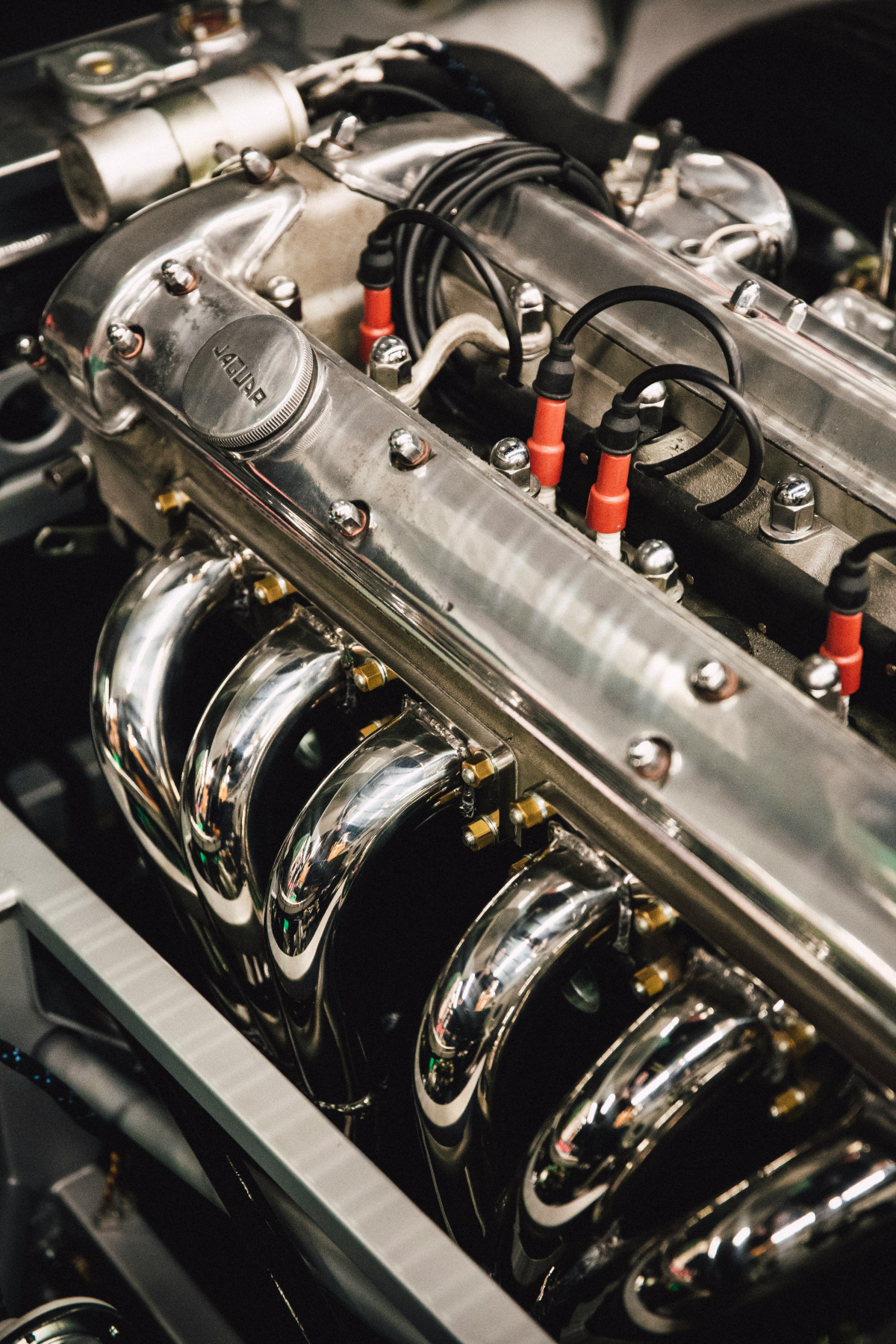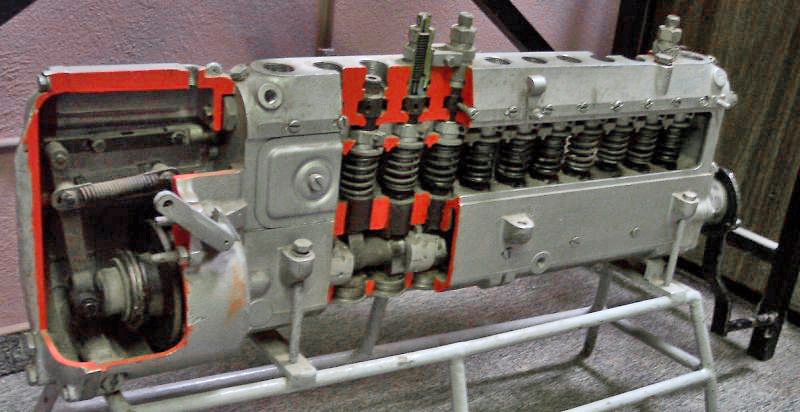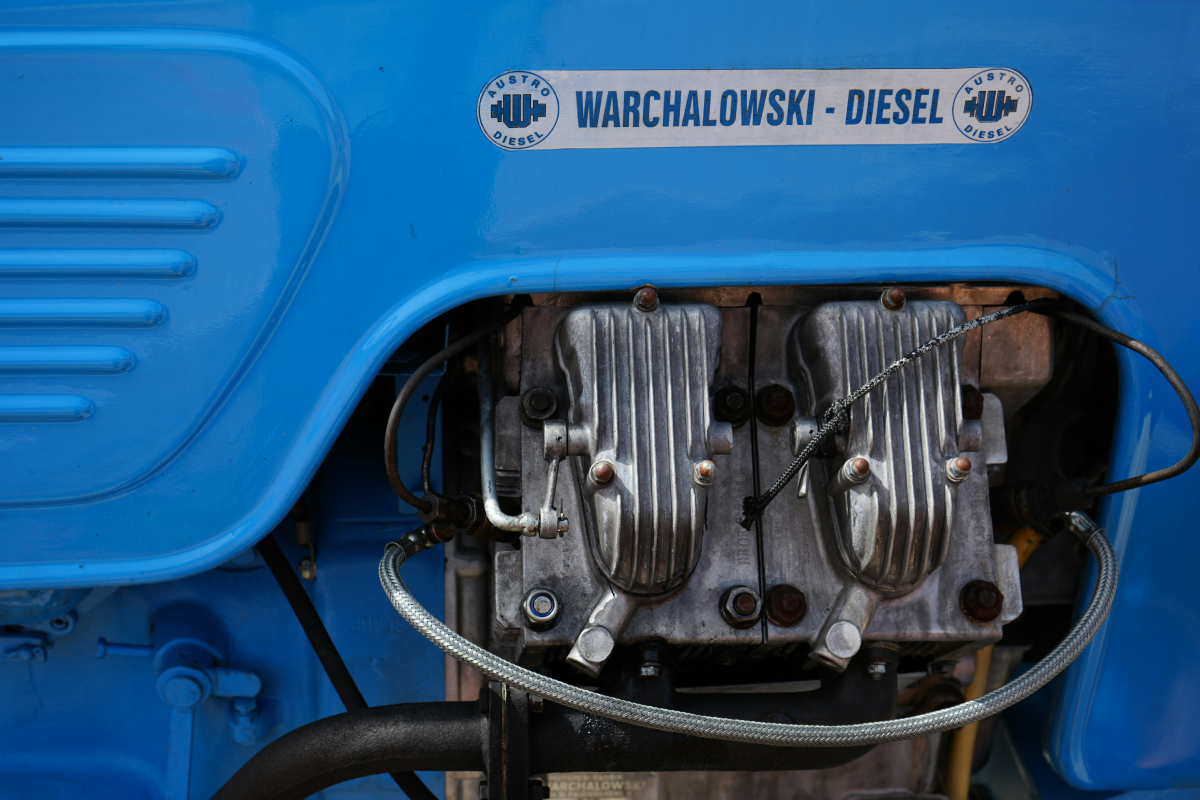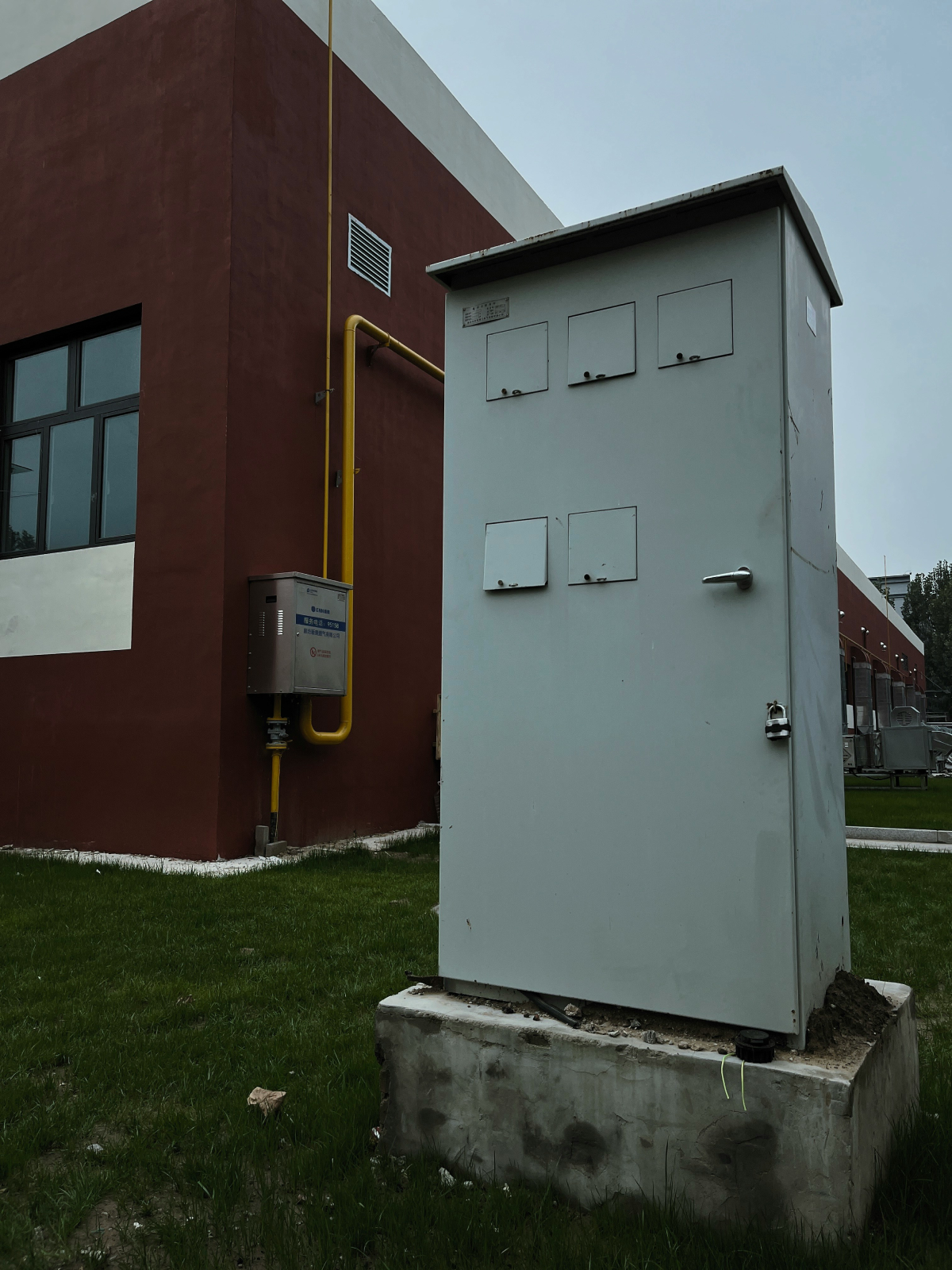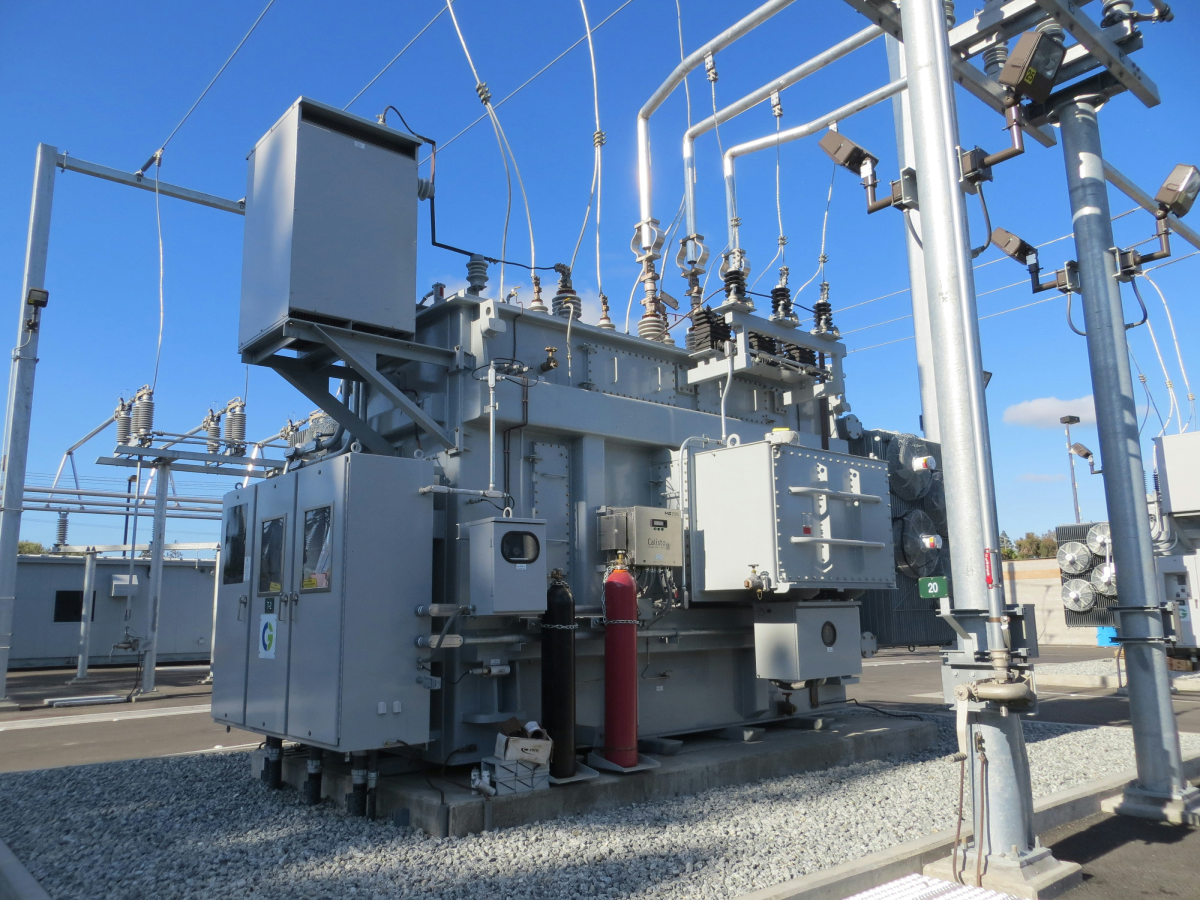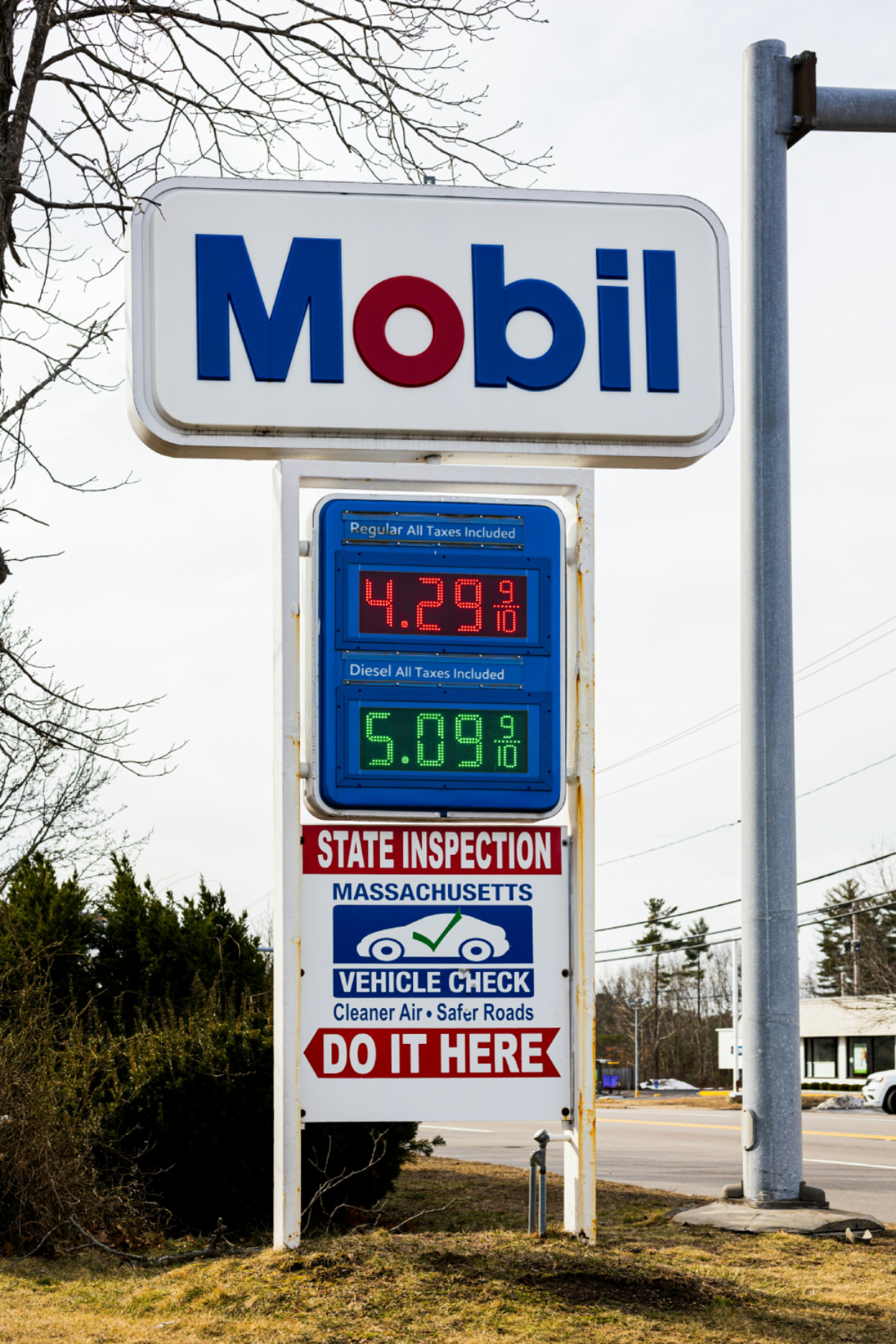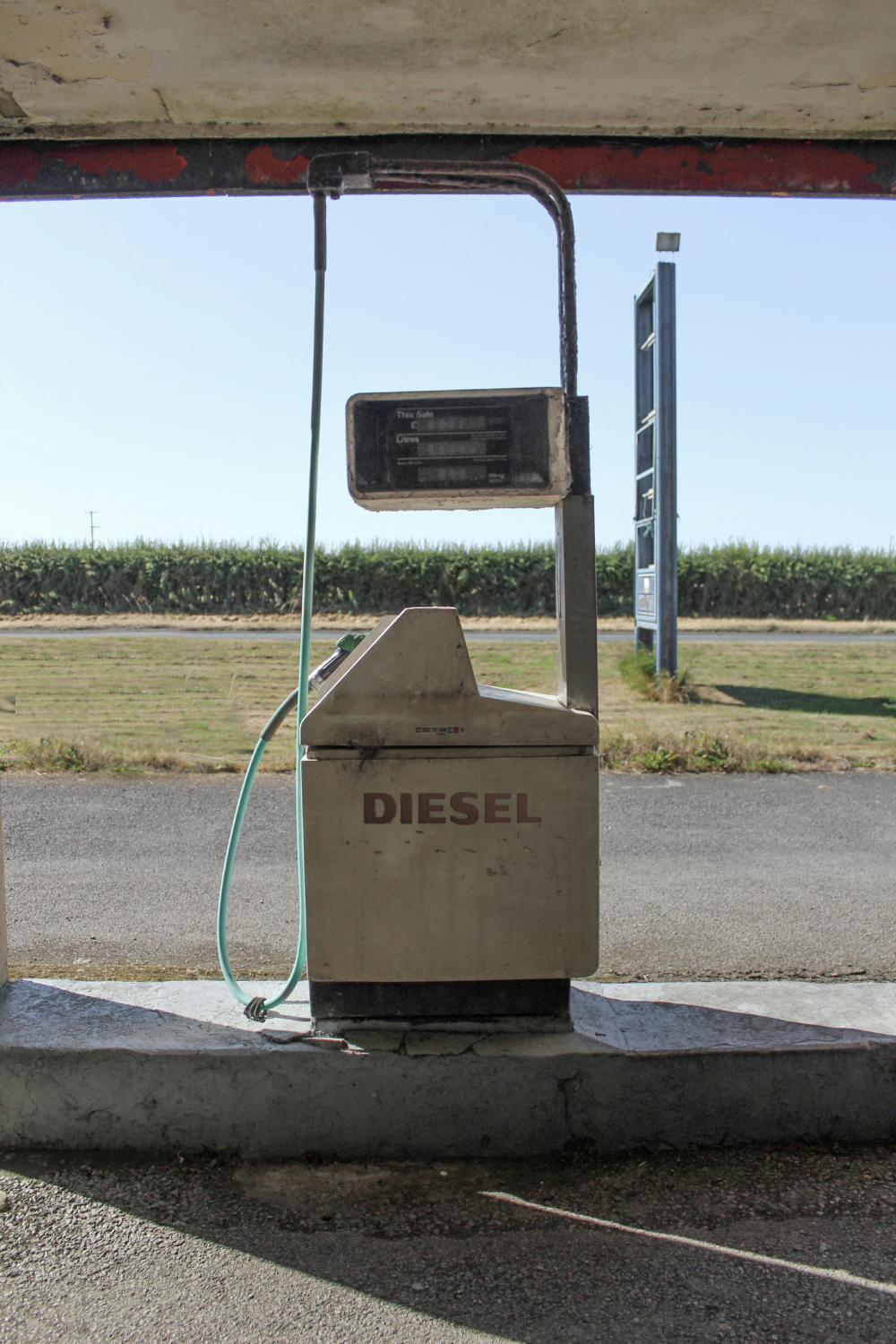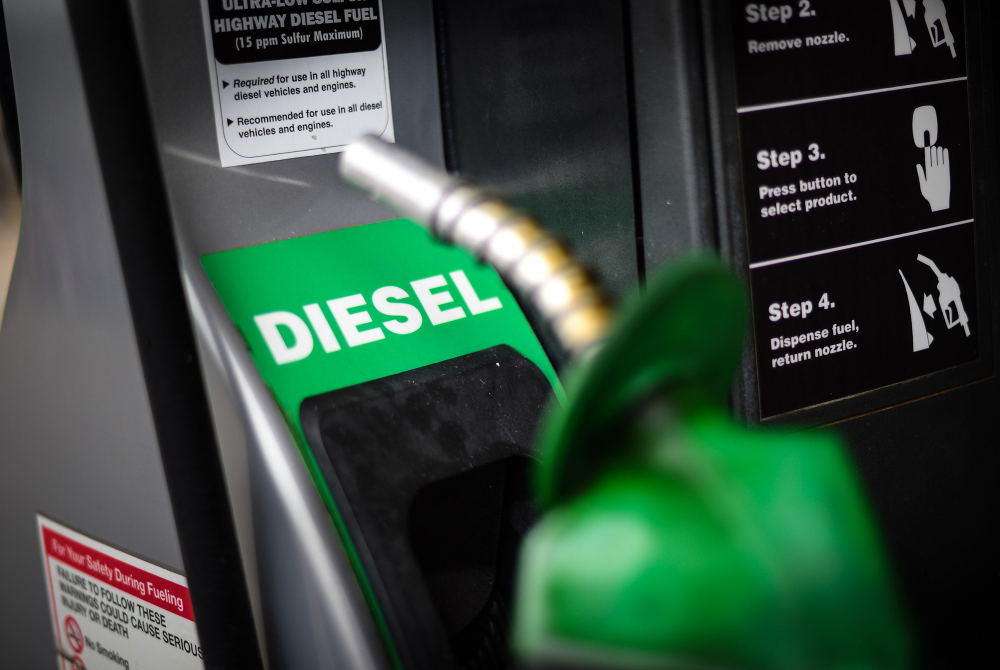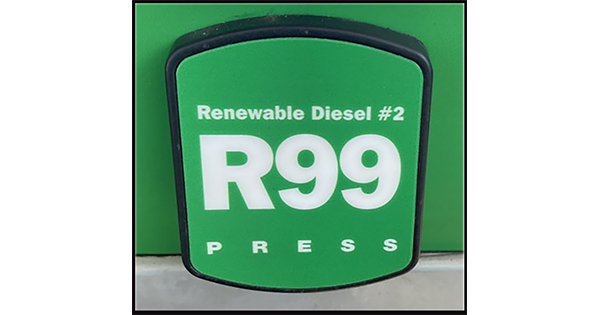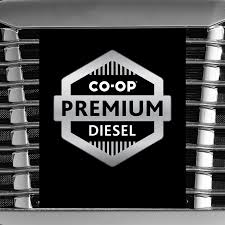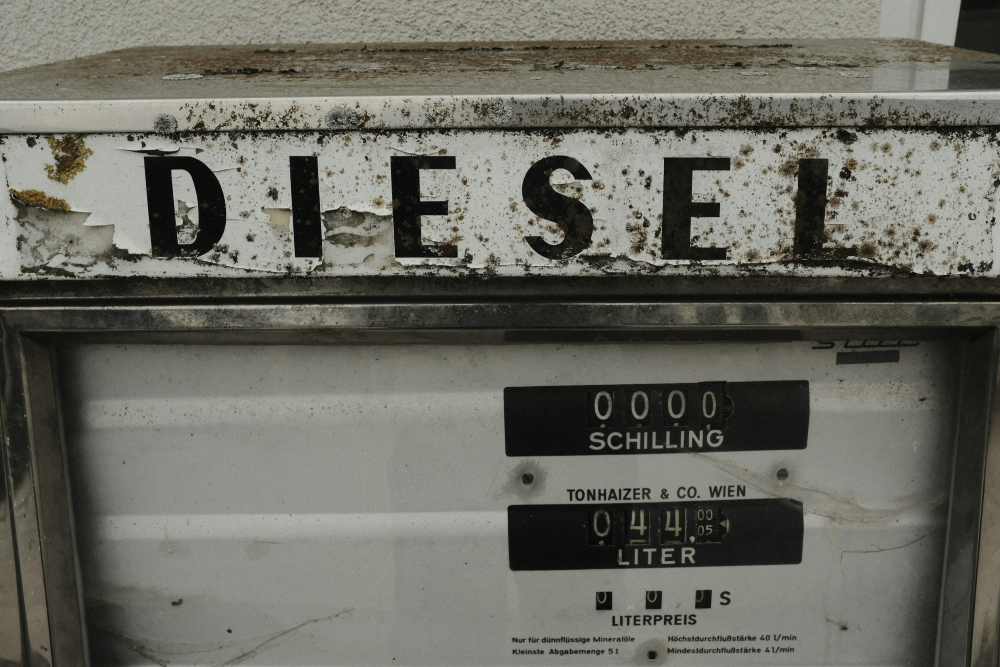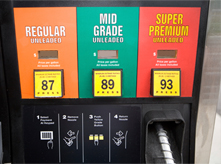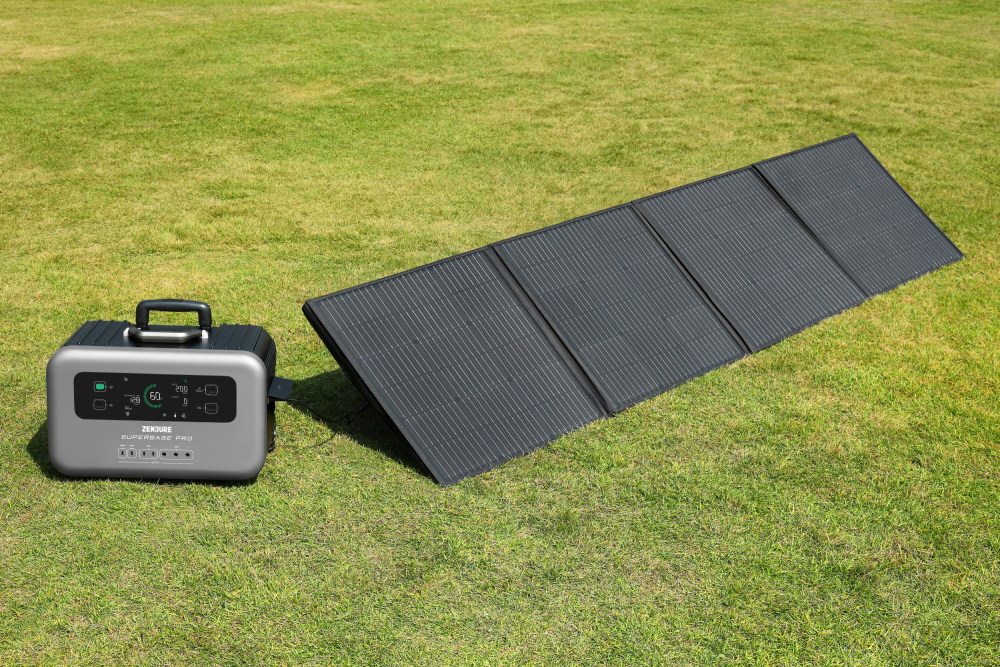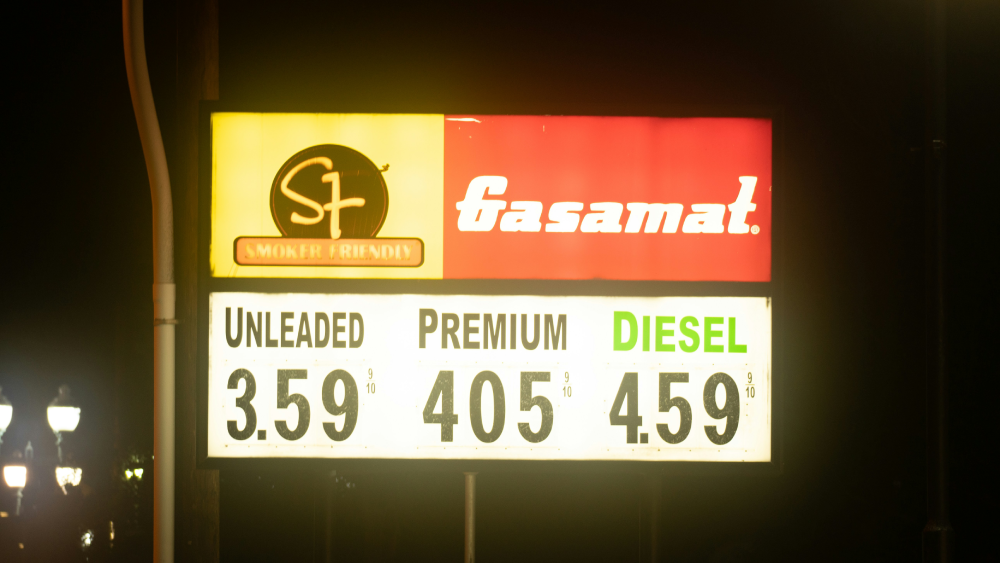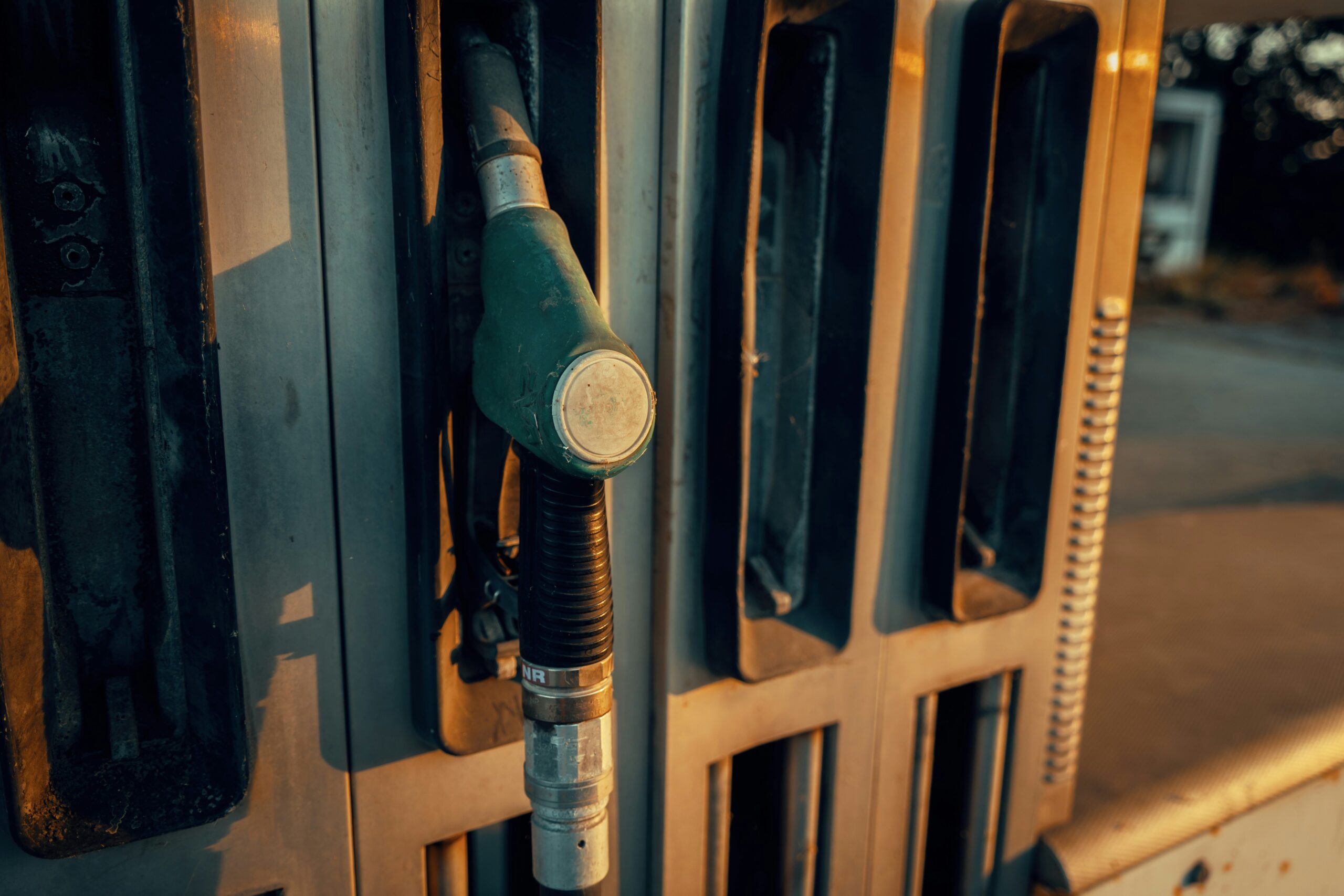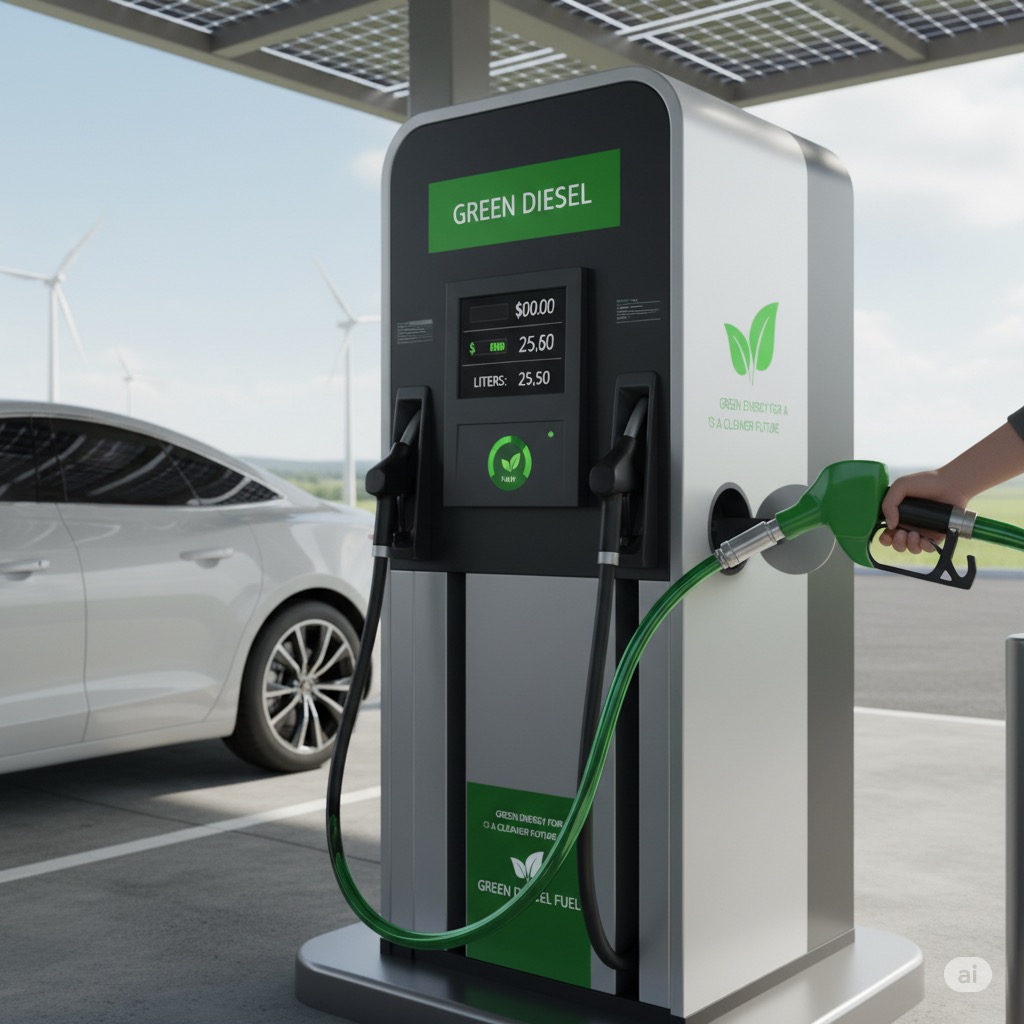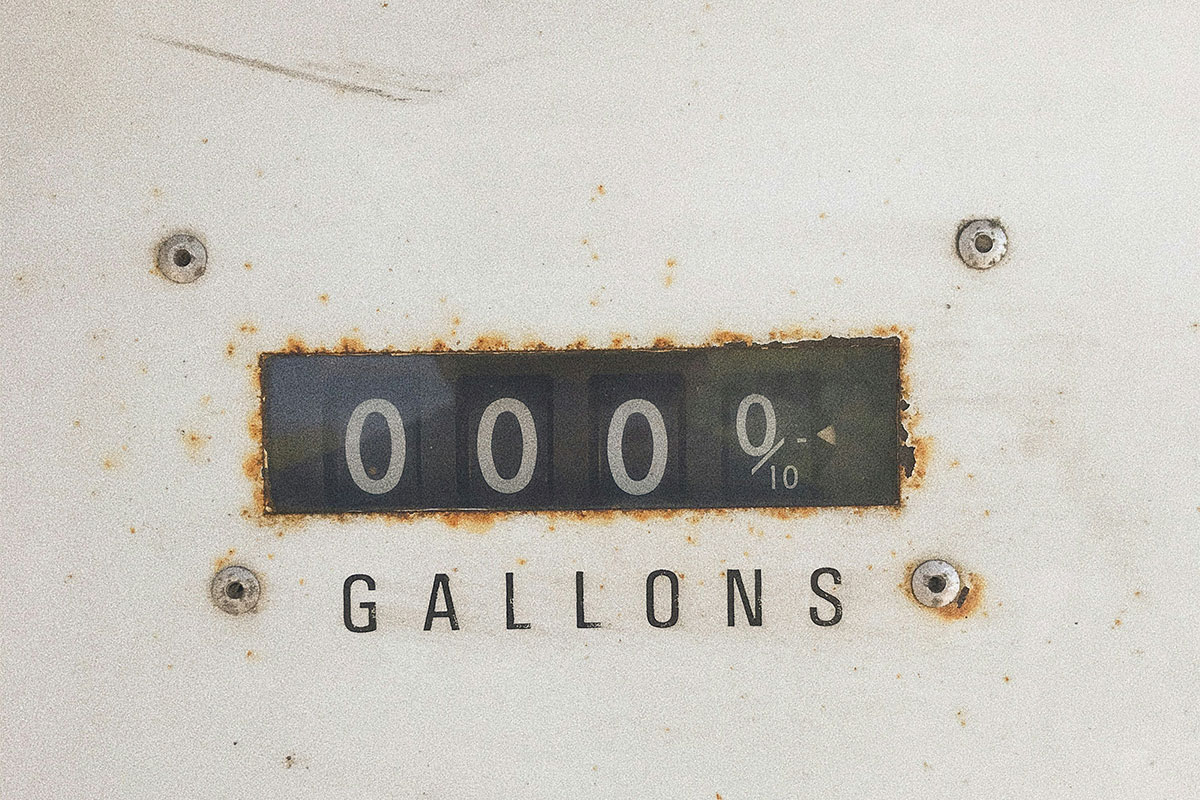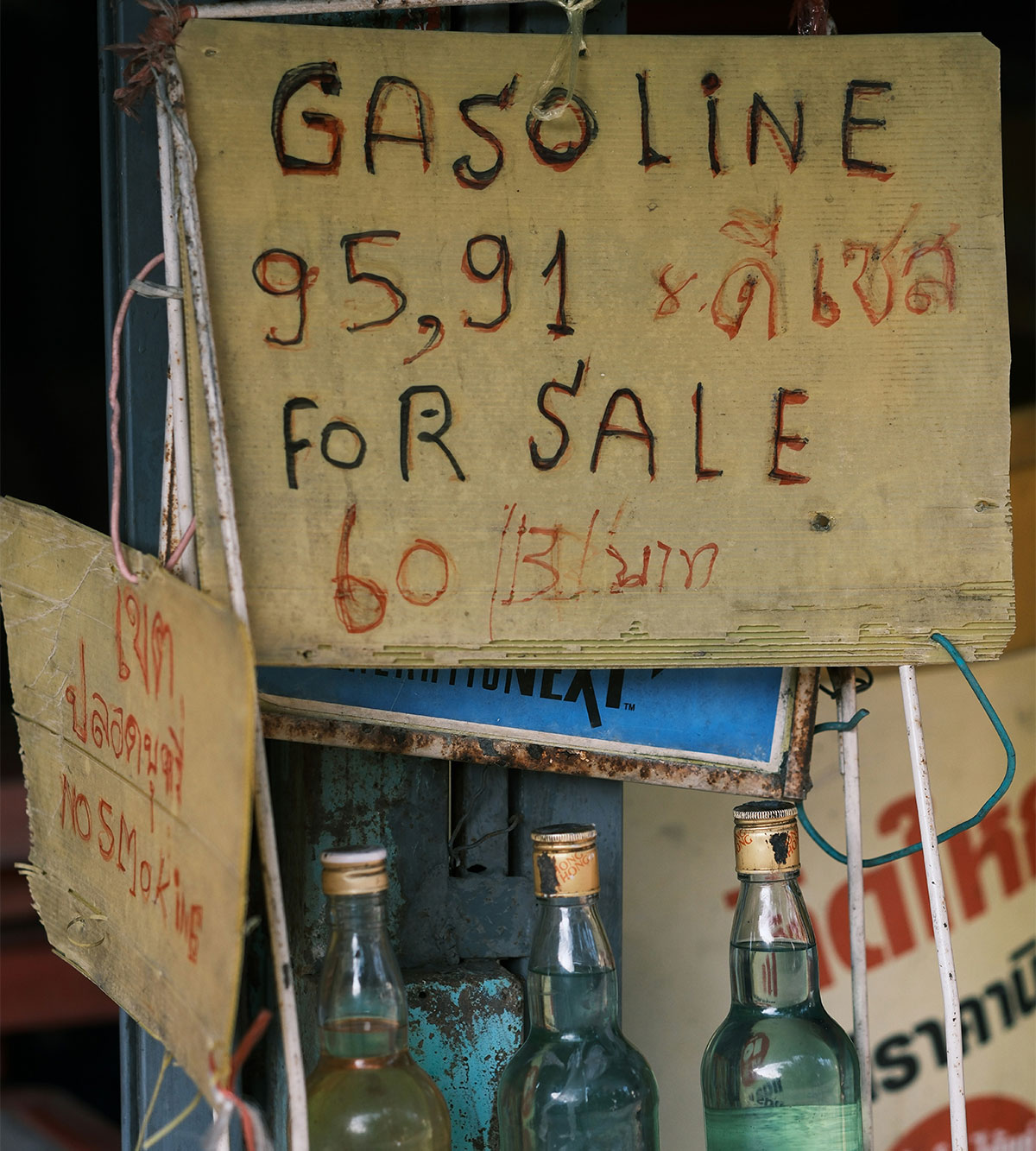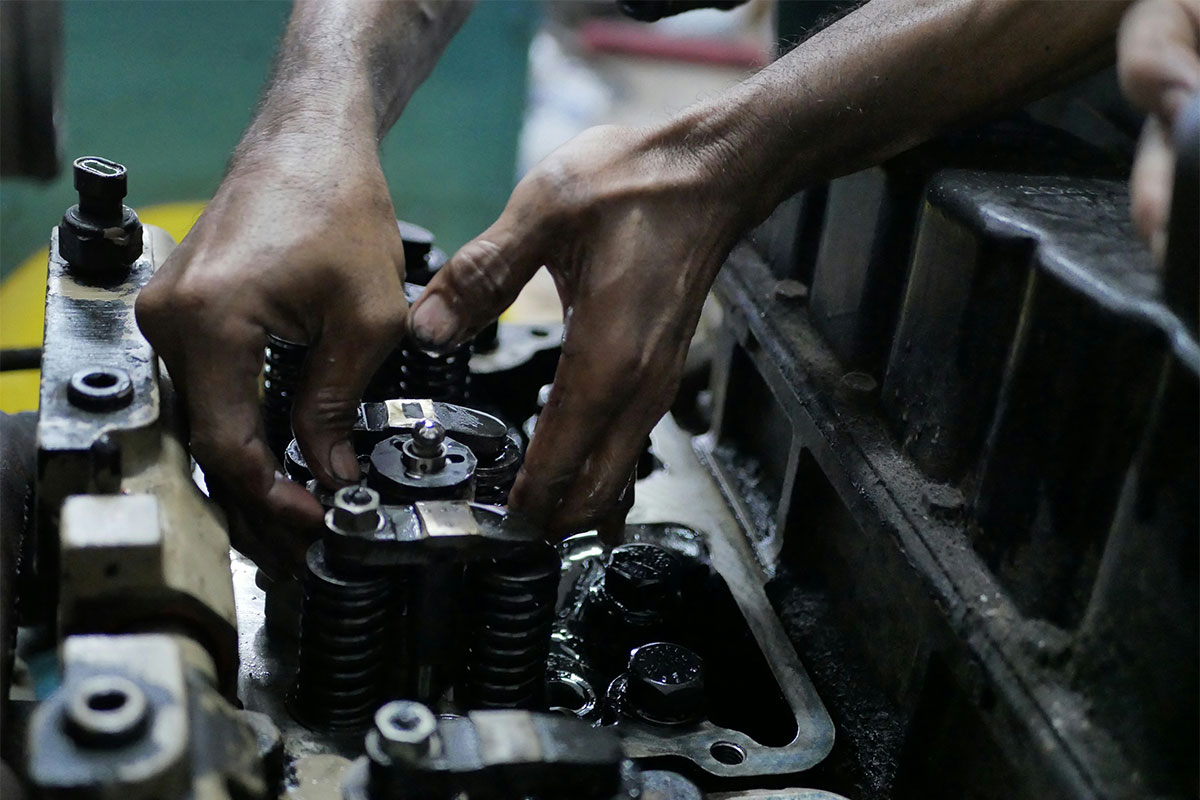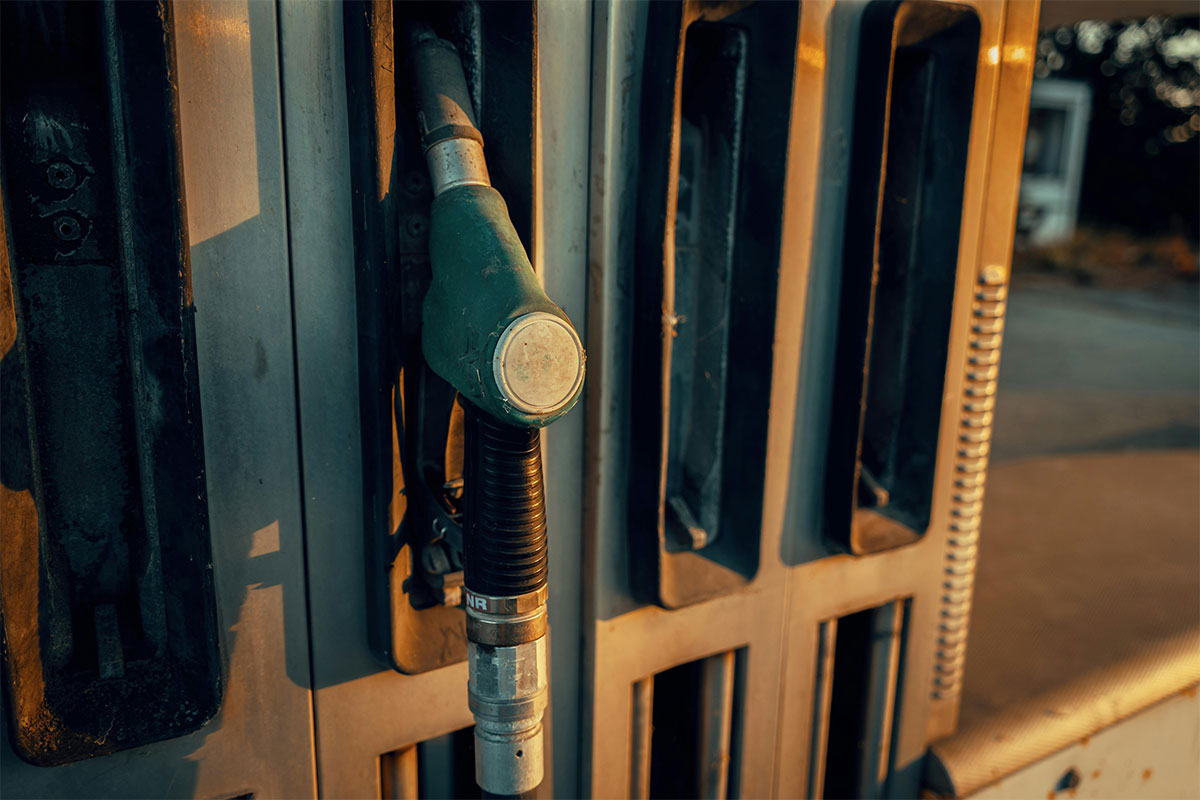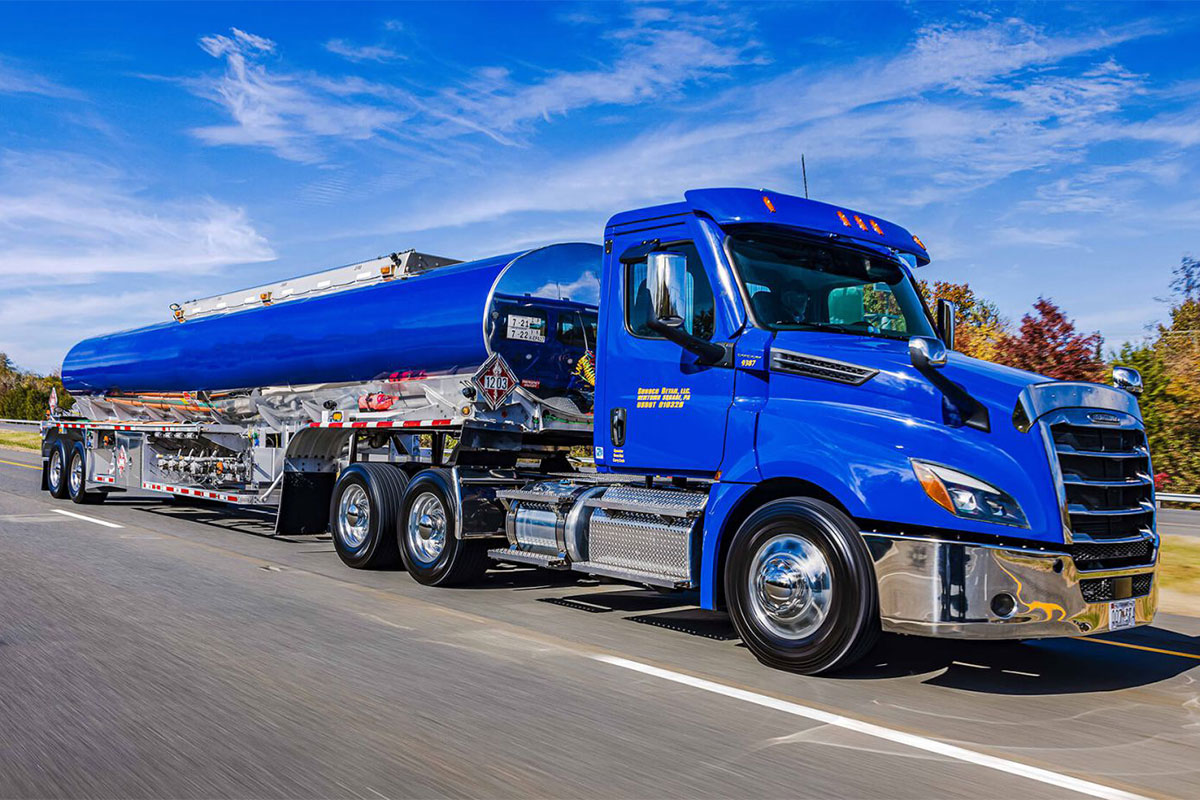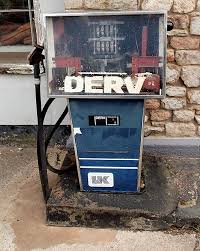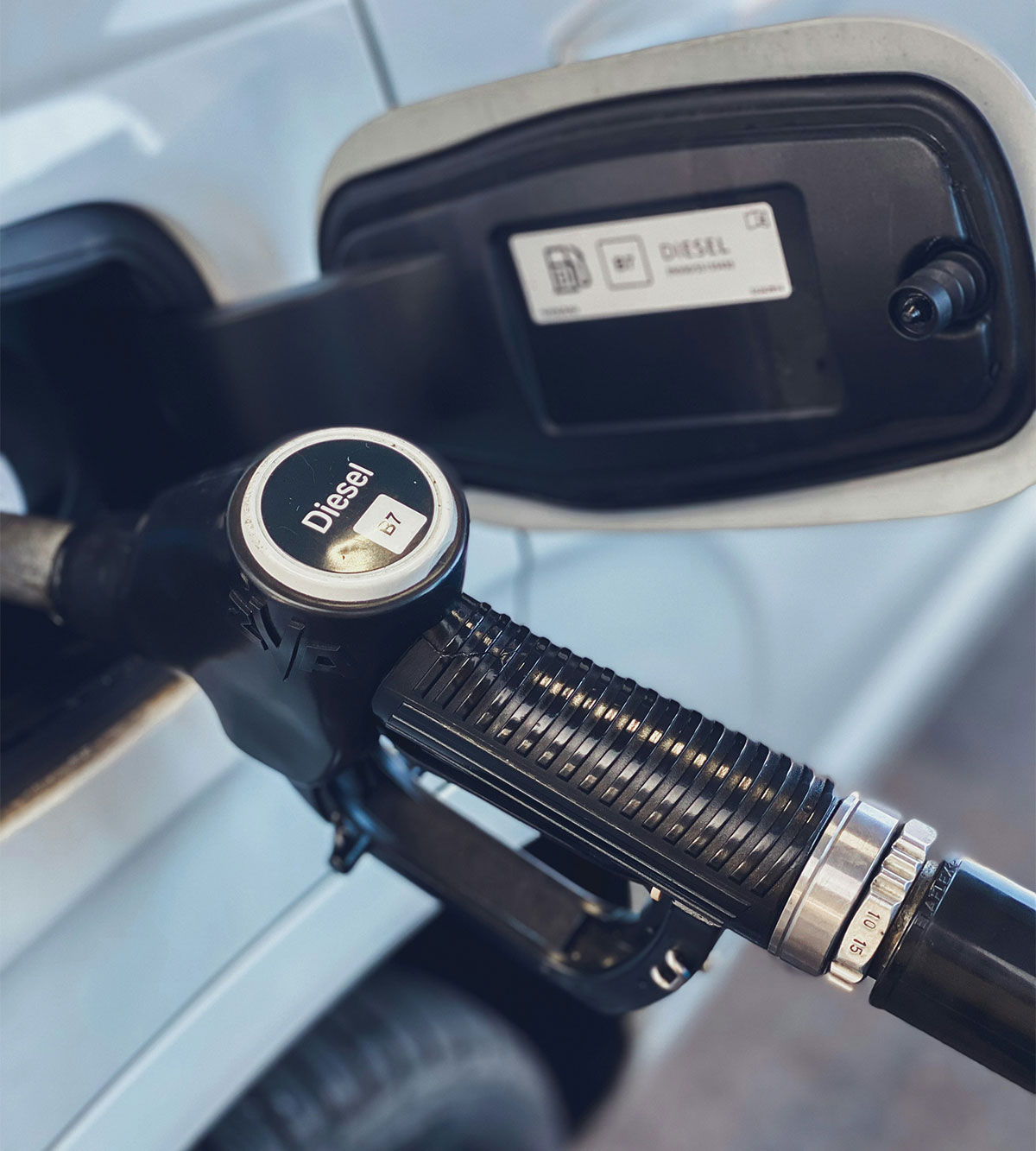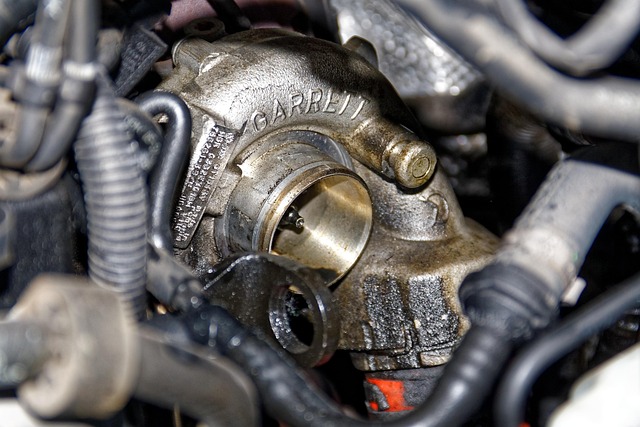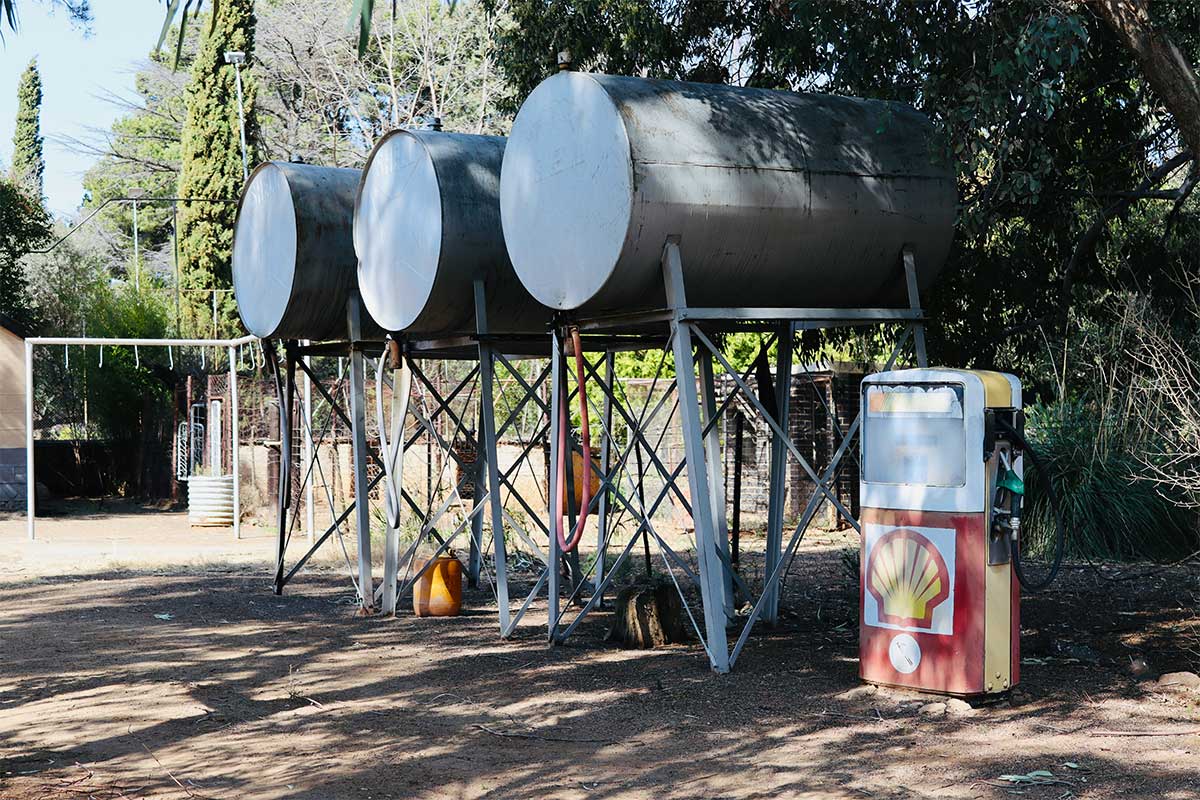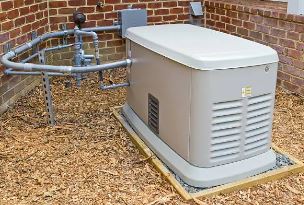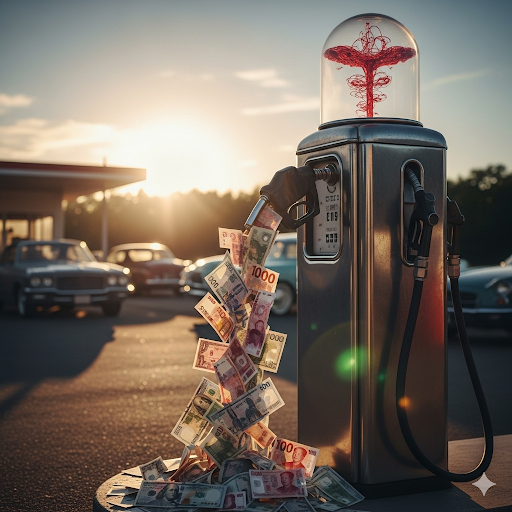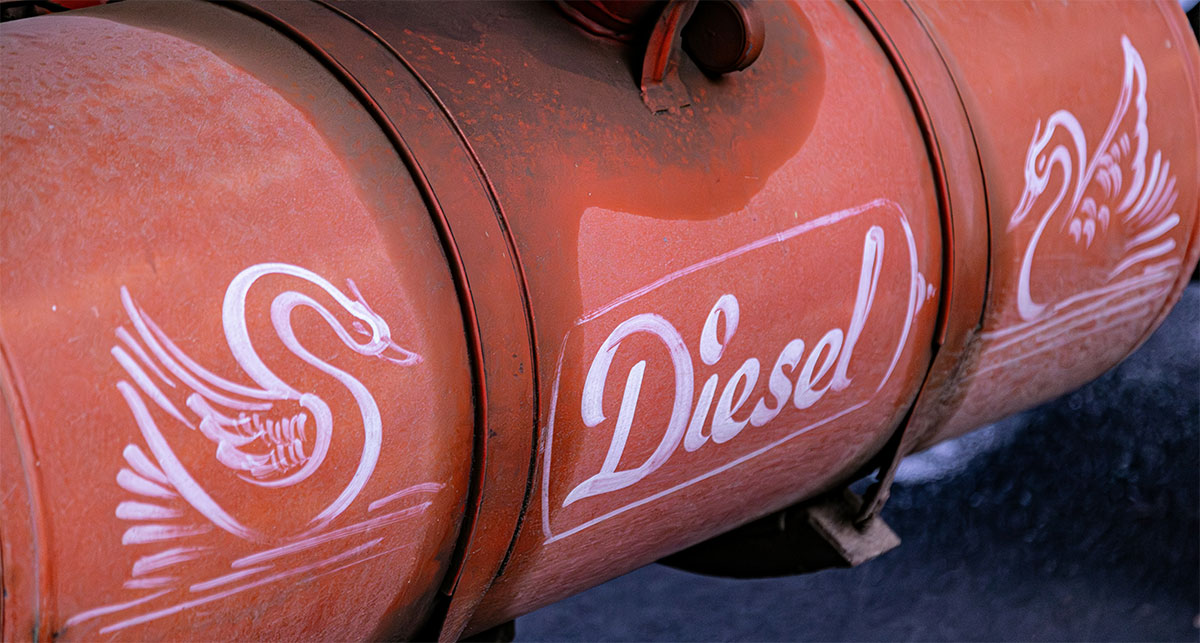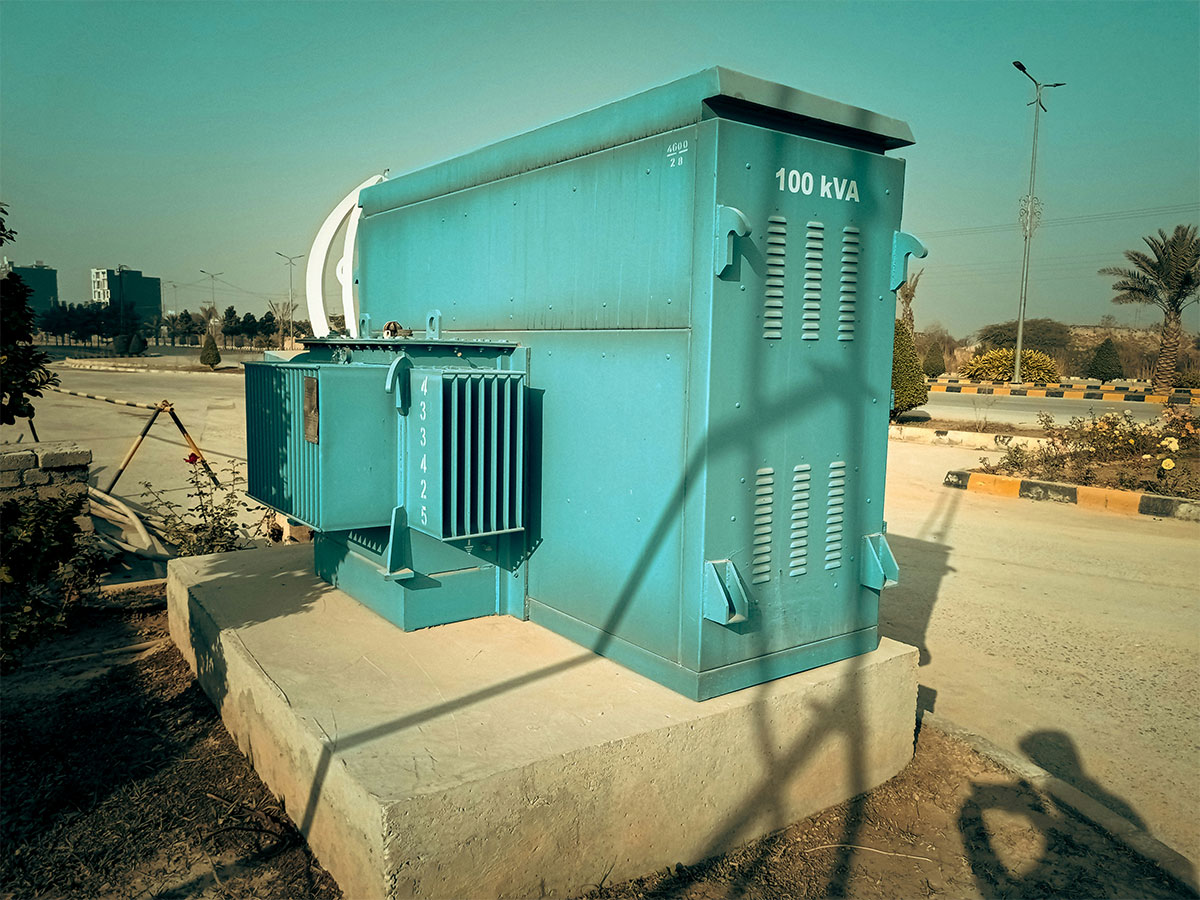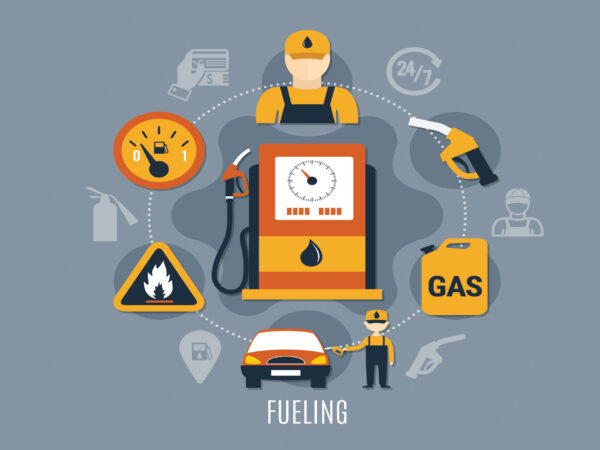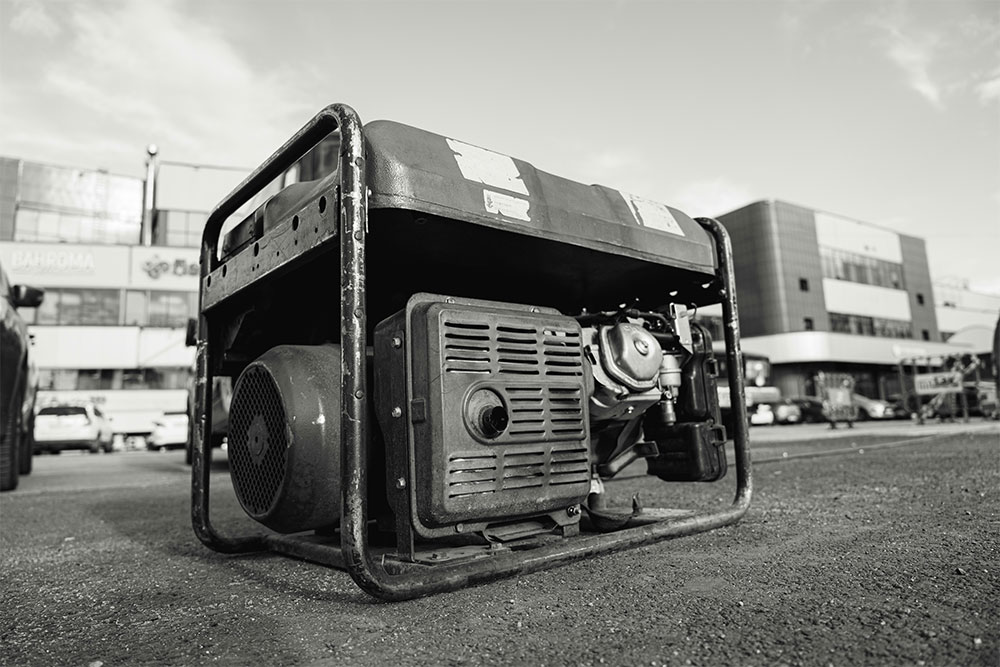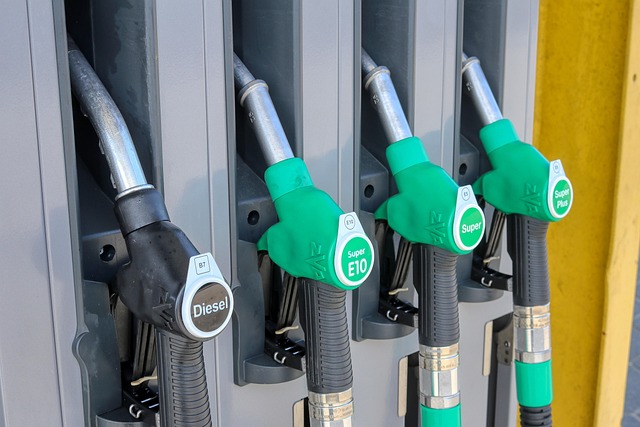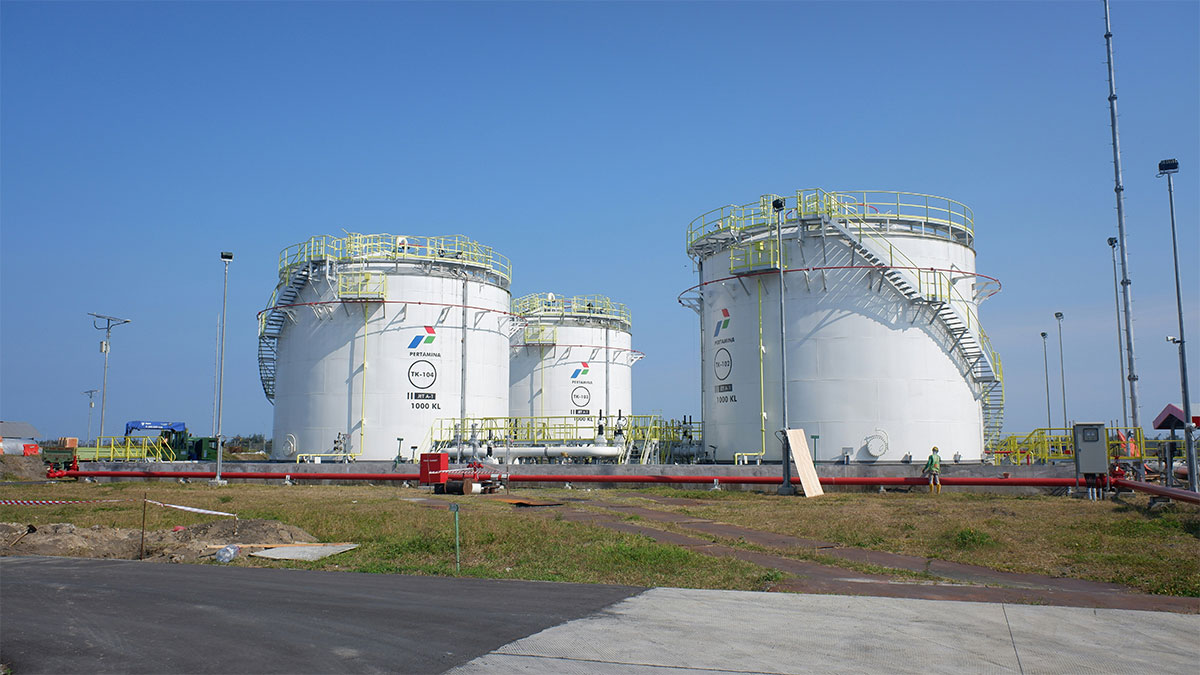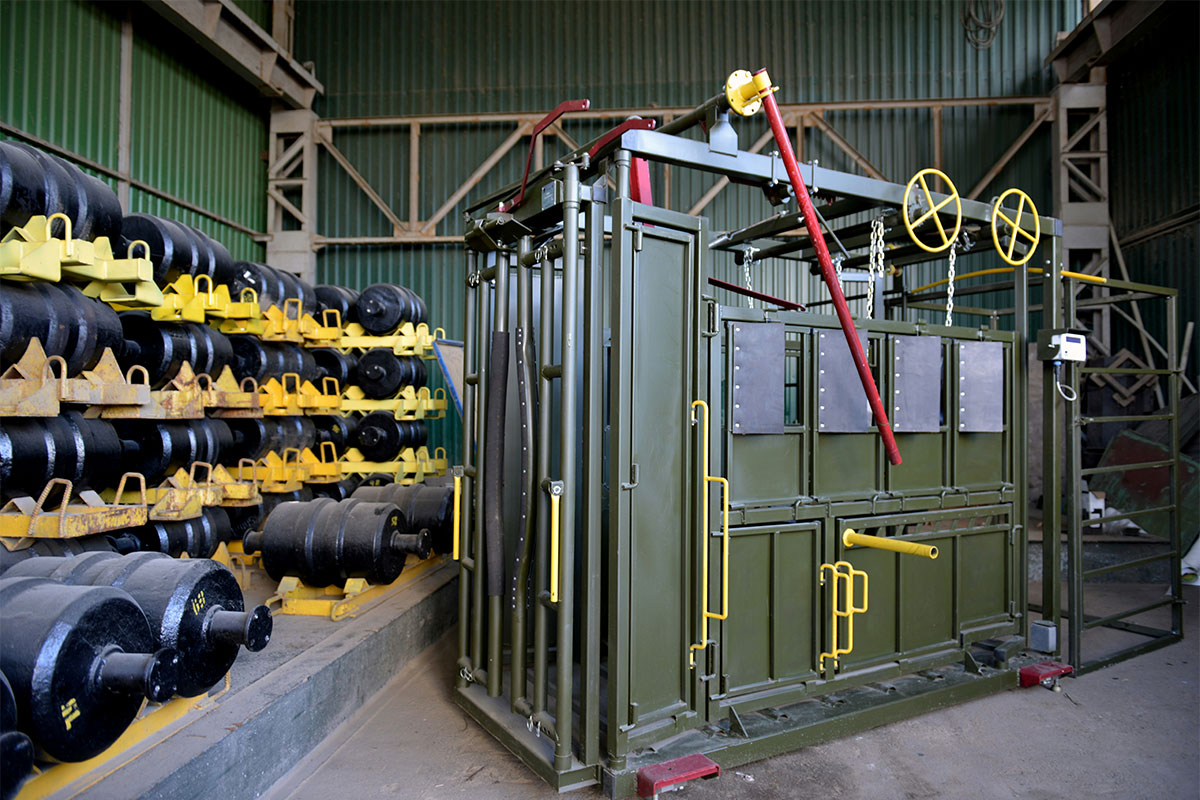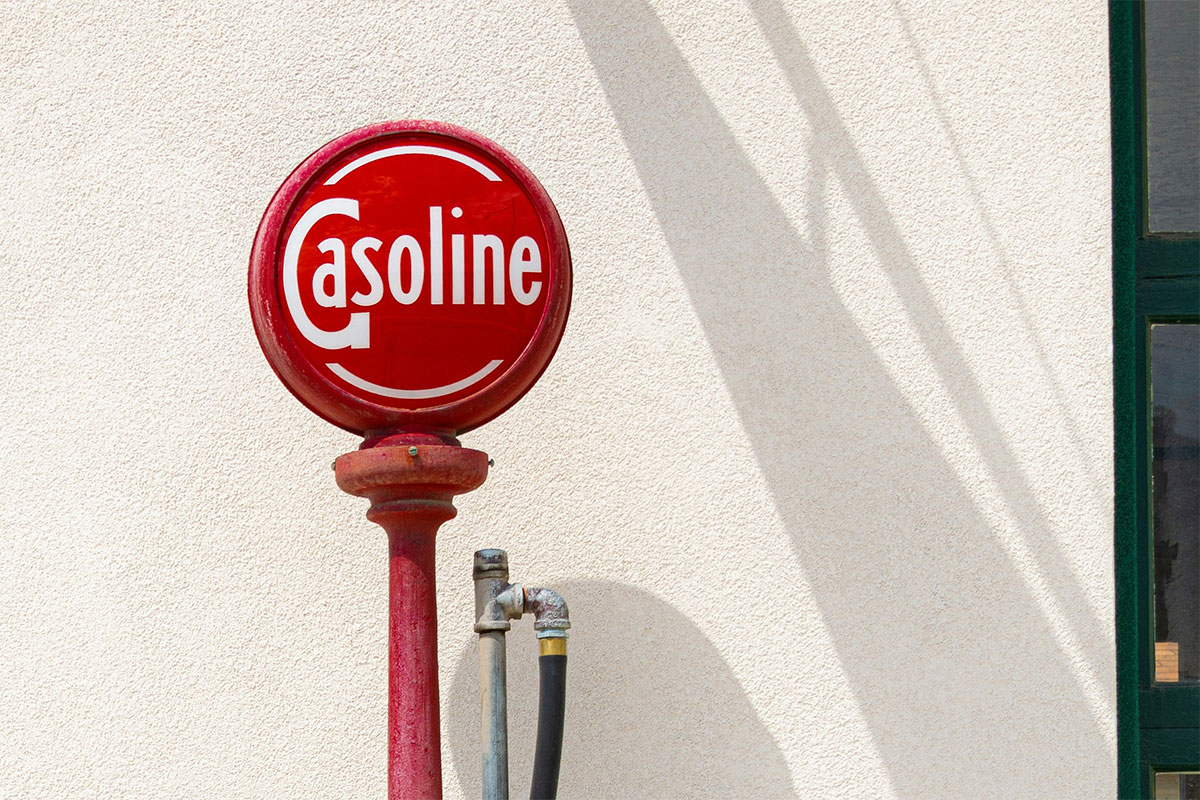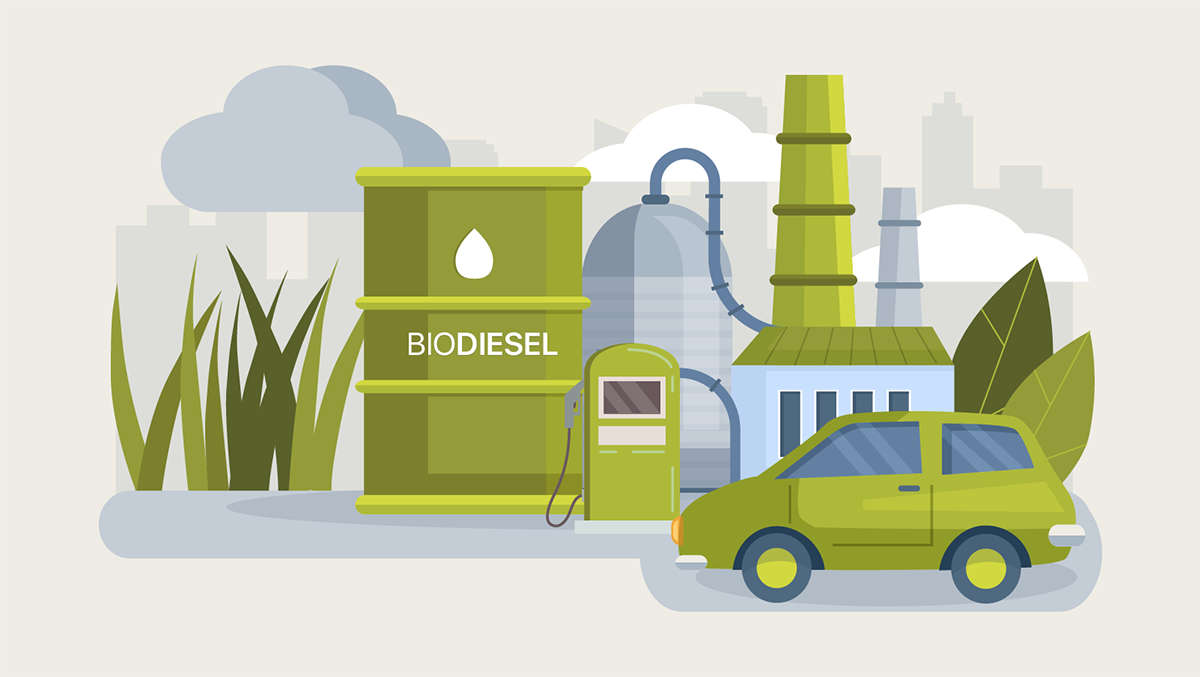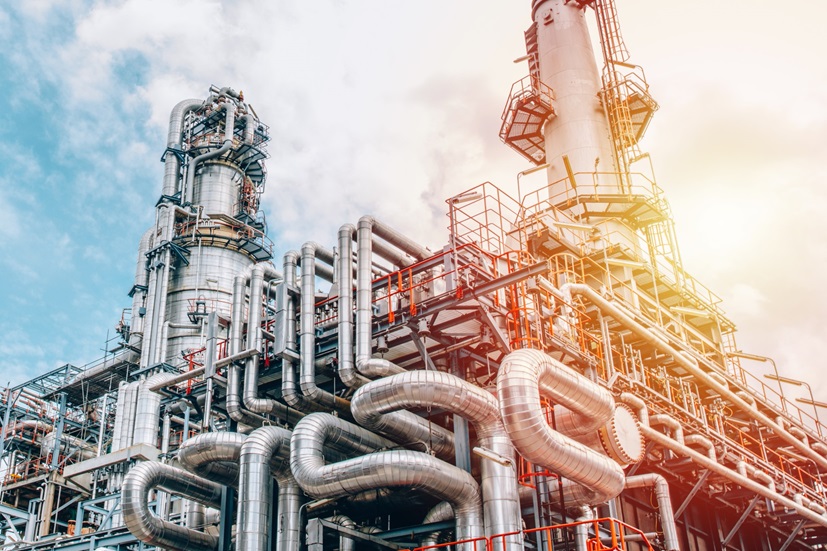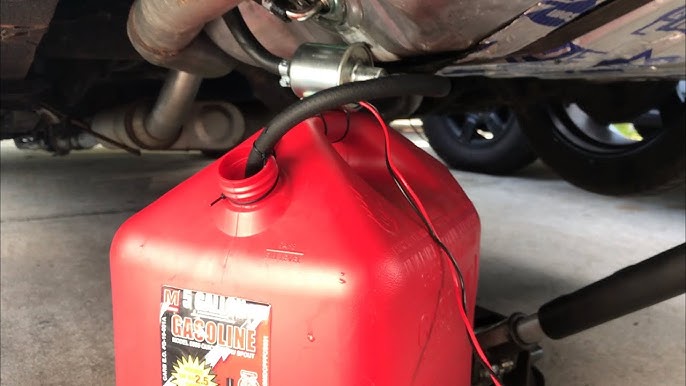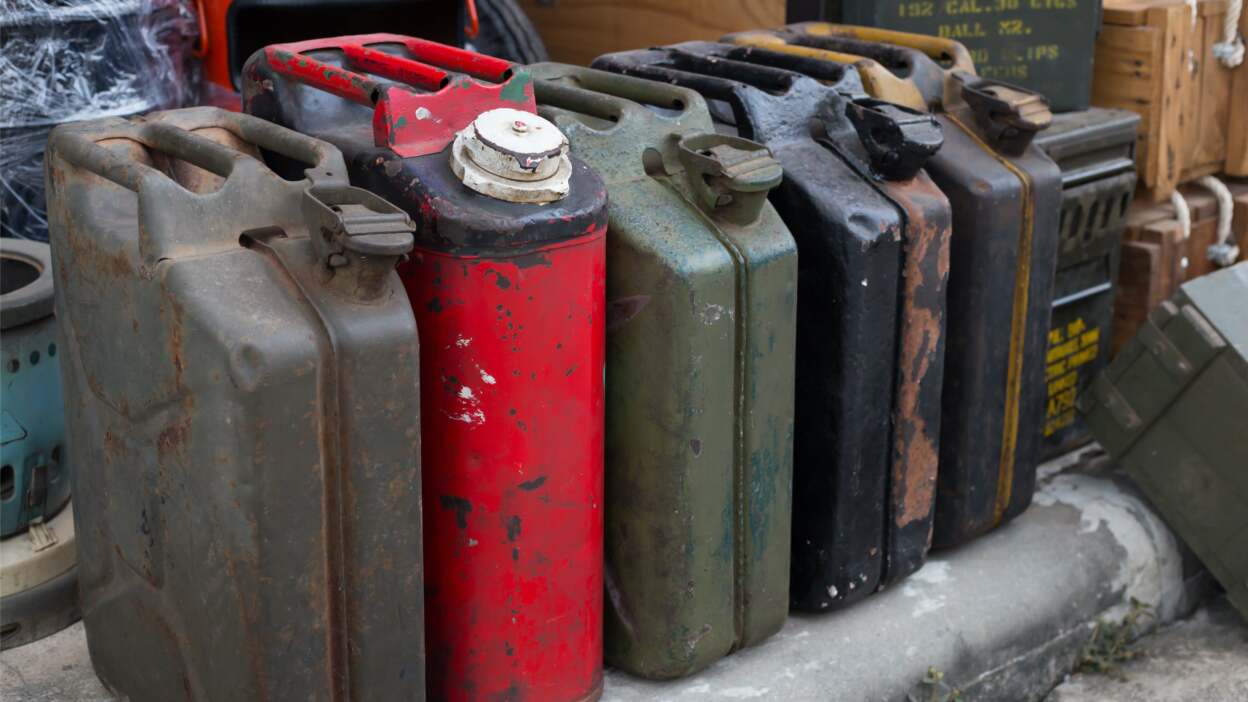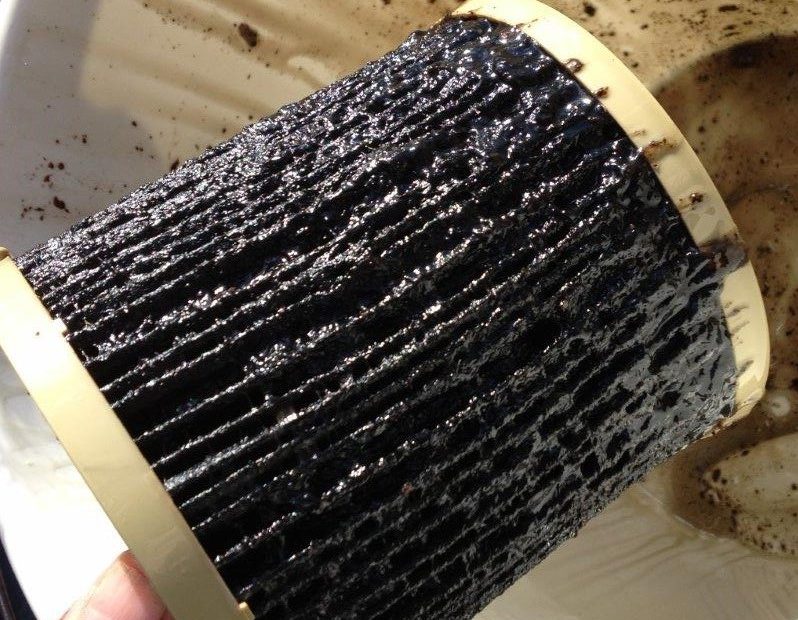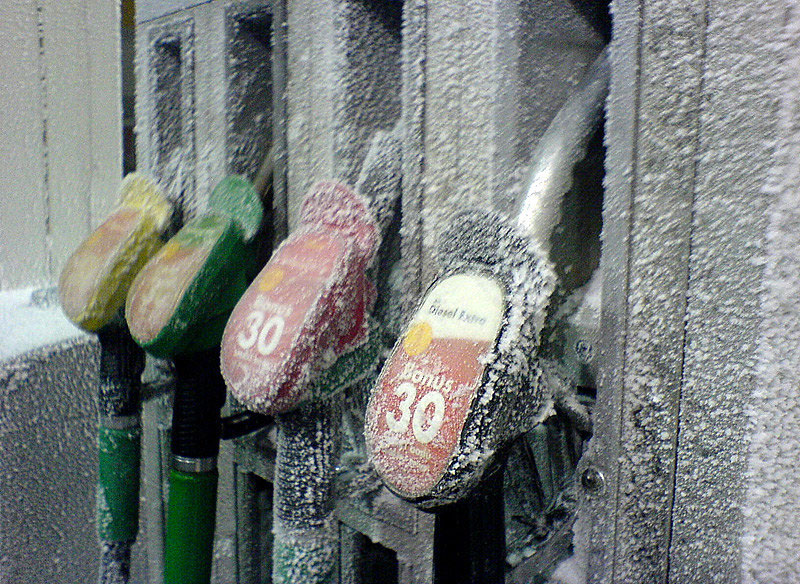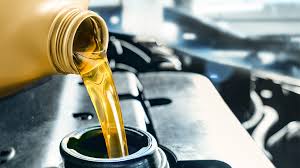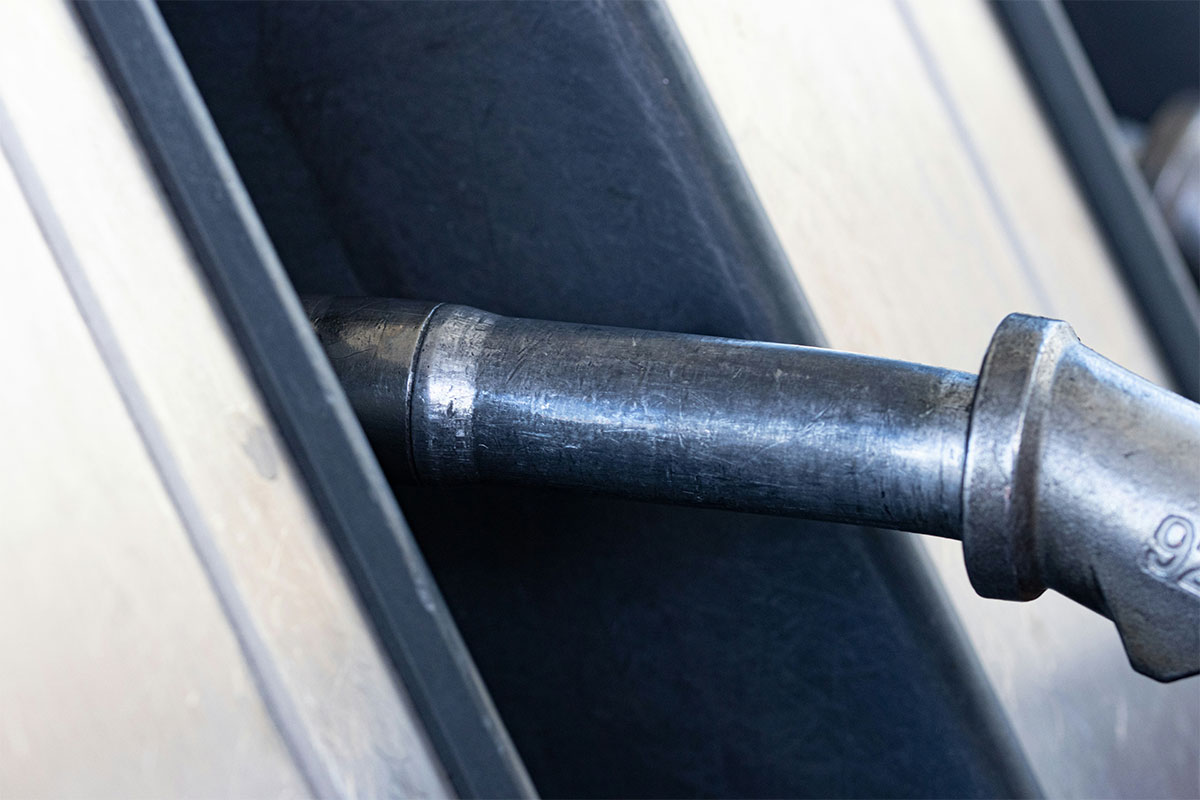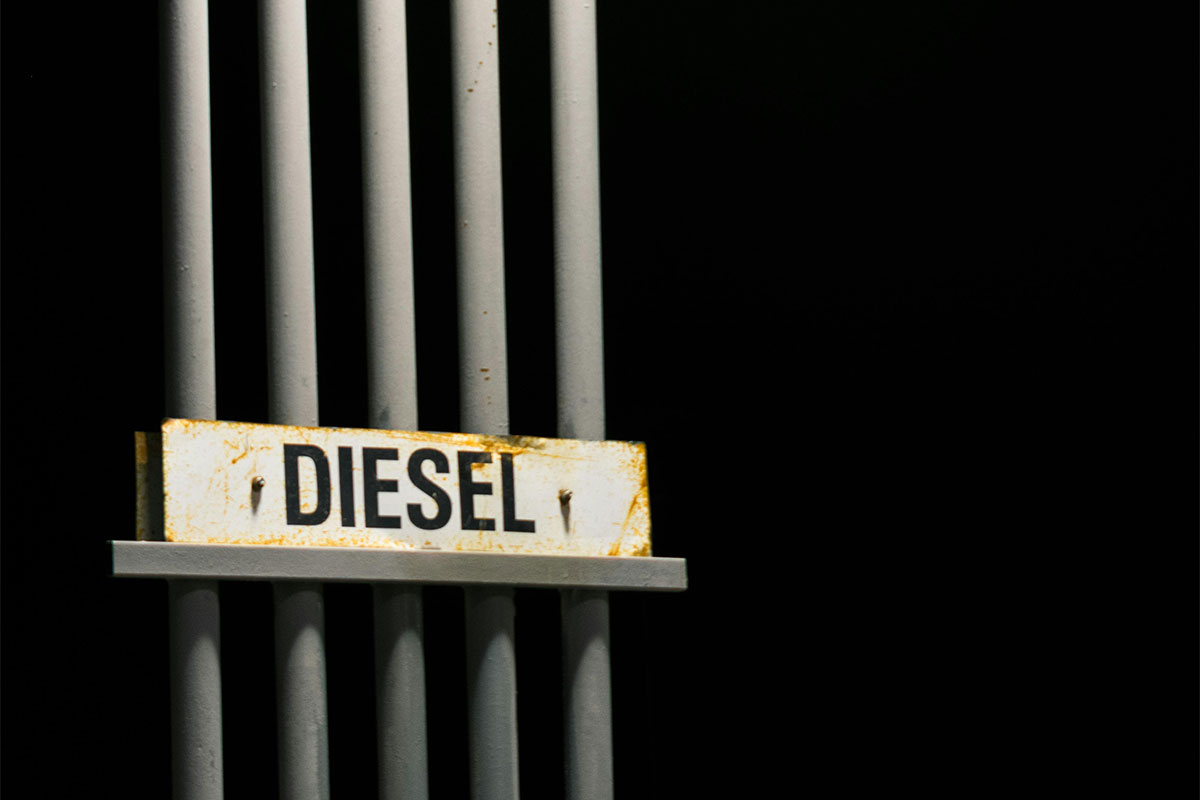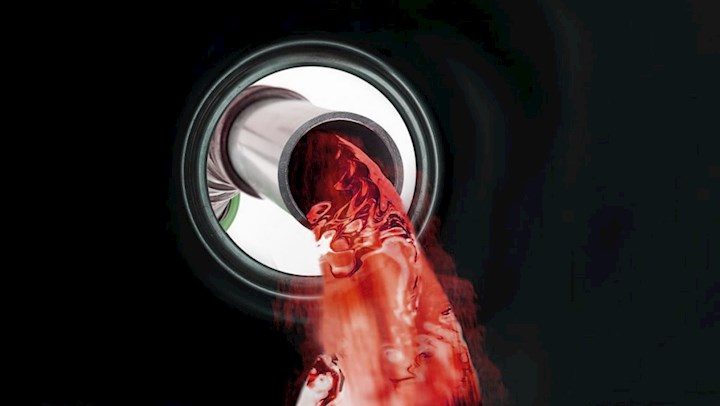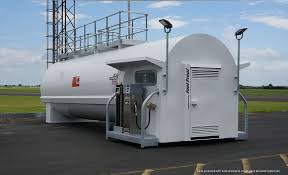Key Takeaways
- Understand how diesel generator efficiency is calculated and why it impacts cost.
- Learn to apply diesel generator fuel consumption per hour formula and cost per kWh.
- Compare diesel vs gas generator and natural gas vs diesel generator options confidently.
- Use maintenance, sizing and monitoring tactics to run a fuel efficient generator.
Table of Contents
Diesel Generator Efficiency
Diesel generator efficiency measures how well the engine converts fuel into electrical power. High efficiency results in more kilowatt hours per liter reduced emissions and better value from fuel purchases. Performance relies on proper sizing actual load usage site conditions and maintenance quality. Plant managers analyze efficiency across units monitor fuel consumption and evaluate cost per kilowatt hour to guide system improvements. Contact our experts for efficiency audits field testing and optimization plans. We help identify power losses enhance controls and confirm savings with clear data driven reports.
Why Are Generators Not 100% Efficient?
Diesel generators cannot convert all fuel energy into usable power due to inherent thermodynamic limitations. A portion of the input energy is always lost to factors such as heat, friction, exhaust, cooling fans, and auxiliary loads, even in highly efficient diesel engine designs. Therefore, real-world generator efficiency is variable, influenced by conditions like load, altitude, temperature, and tuning, making it essential to measure the actual power output against the fuel input.
What Is The Maximum Efficiency Of A Diesel Generator?
Modern industrial diesel generators can achieve high electrical efficiency, often exceeding 40% conversion from the fuel input under ideal loads. Larger, slow-speed units generally offer better fuel economy than smaller portable sets. The difference between theoretical efficiency and actual performance results from friction, pumping losses, and accessory power consumption. Operators should compare manufacturer claims with field-tested fuel consumption data and verified kilowatt hours per gallon. Collaborating with experts helps select the most efficient diesel generator for the specific duty cycle, ambient conditions, and compliance requirements. This partnership ensures that investments provide reliable, predictable performance over an extended period. Independent testing and data logging are essential to confirm performance throughout various operating seasons.
What’s Your Real Cost per kWh?
Convert your fuel logs into hard numbers. We’ll meter output, normalize diesel energy input, and compare diesel vs. natural gas so you can spot waste and justify upgrades with clear cost-per-kWh data.
How Can You Calculate Diesel Generator Efficiency?
Generator efficiency equals electrical power output divided by fuel energy input. Measure output in kilowatts using meters. Determine fuel volume from accurate consumption logs. Convert diesel consumption per hour using standard heating values. For example if a generator produces 100 kilowatts while burning 25liters per hour you can calculate the diesel generator cost per kwh. Compare this cost with grid tariffs or other generator fuel types like natural gas. Regular calculations identify underperforming assets. This data justifies upgrades to more energy efficient generators or improved controls. Accurate data ensures better budgeting maintenance planning and transparent reporting for stakeholders and regulators.
What Is The Diesel Cycle Efficiency Formula?
The formula for ideal diesel cycle efficiency uses compression ratio and specific heat values. This guides design targets but actual diesel generator efficiency is lower. Losses occur due to friction heat rejection and fueling. Use cycle equations as theoretical benchmarks. Rely on real world diesel generator fuel consumption data for informed decisions.
How To Calculate Diesel Generator Fuel Consumption Per Hour?
To determine diesel generator fuel consumption, measure the liters burned at a steady load over one hour. The basic formula for hourly fuel consumption divides the volume of fuel by the time, then relates this consumption to the kilowatts produced. Many operators track fuel usage against kilowatt-hours to accurately calculate the diesel generator cost per kWh. For quick estimations, multiply the rated kilowatt output by a relevant factor from a fuel consumption chart, adjusting for the current load percentage. Always confirm readings using calibrated tanks or flow meters to prevent budgeting mistakes. Consistent fuel logging helps quickly identify sudden increases, which can signal issues like fuel injector wear, fuel quality problems, or an oversized generator running inefficiently at a low load.
Running Below 60% Load? You’re Burning Cash
Light loading kills efficiency and invites wet-stacking. We’ll right-size, sequence sets, or add load banking to keep you near the 70–80% sweet spot—cutting fuel burn and stabilizing performance.
What Factors Impact The Fuel Efficiency Of A Diesel Generator?
- Load level: Part load hurts diesel generator efficiency, best results occur near 70 to 80 percent.
- Maintenance: Dirty filters or injectors increase diesel generator fuel consumption and reduce efficient generator performance.
- Ambient conditions: Heat and altitude affect diesel engine efficiency and generator fuel consumption litres per hour.
- Fuel quality: Contamination harms diesel generation components and stability.
- Engine design and age: Modern most efficient diesel generators outperform older sets and often rival natural gas generator efficiency at similar ratings.
Regular performance reviews using logged generator fuel usage and heat rate trends help identify problems early and protect diesel generator power reliability and cost control targets.
How To Optimize Diesel Generator Efficiency?
- Keep load near the recommended band using load sharing or sequencing for energy efficient generators.
- Follow strict service intervals to maintain diesel engine efficiency and control diesel generator fuel consumption.
- Use quality diesel fuel for generators and proper storage to avoid injector wear.
- Install metering to track generator kwh per gallon and generator fuel consumption litres per hour.
- Consider retrofits like electronic governors or advanced controls for older diesel generation sets.
- Work with experts to benchmark diesel vs gas generator or diesel vs natural gas generators choices and select the most efficient generator for your application.
This structured approach quickly reduces waste, noise, emissions and operating cost.
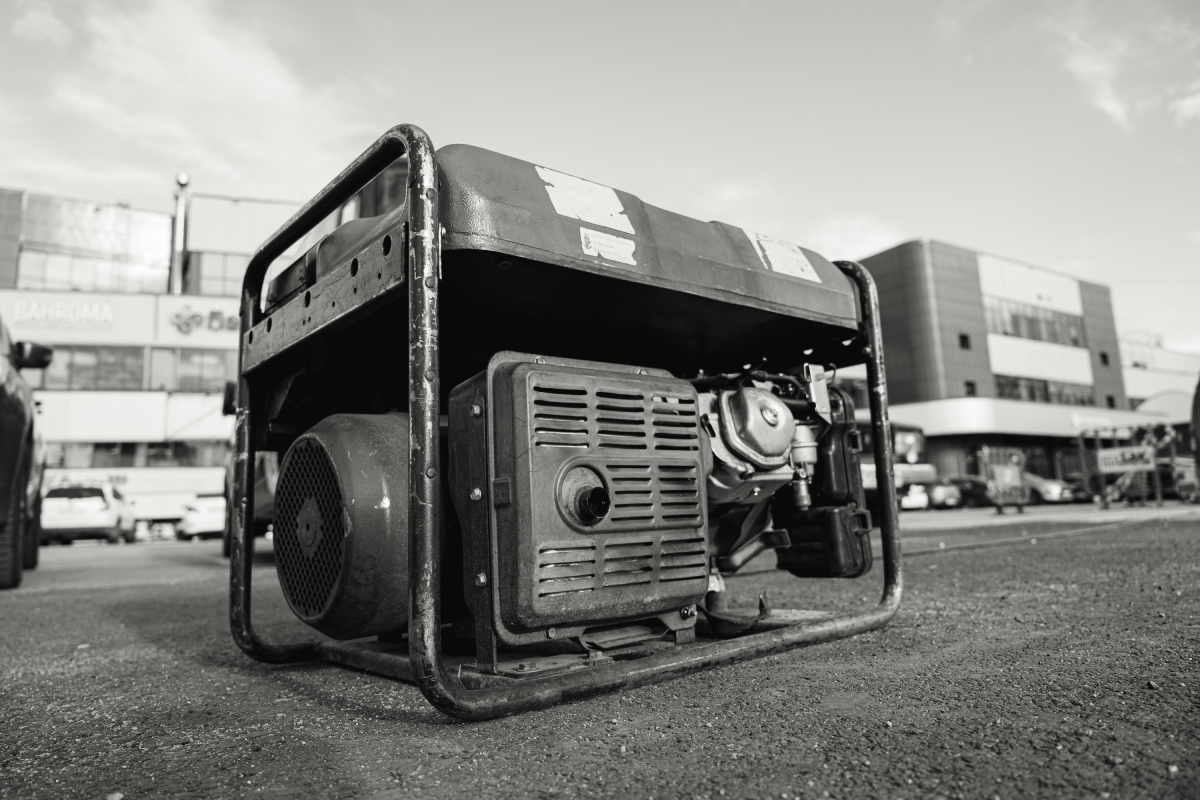
How To Measure Diesel Generator Efficiency Accurately?
Measure diesel generator efficiency accurately. Begin by installing calibrated fuel meters and reliable kilowatt meters on each unit. Record fuel consumption and electrical output during steady operation, then apply the efficiency formula. Adjust readings for fuel temperature and density to ensure fair comparisons. Use portable load banks to test different load points and create a performance curve for each generator. Tracking results over time helps identify degradation, validates maintenance, supports comparing diesel and gas options, and justifies investments in more efficient technologies. Independent audits and adherence to ISO standards boost confidence in reported performance figures for stakeholders.
What Does A Diesel Generator Efficiency Curve Show?
The diesel generator efficiency curve is a vital tool, plotting efficiency against load to show the optimal operating point for maximizing kilowatt-hours per liter (kWh/L). This curve clearly identifies the efficiency losses incurred at both light loads and overloads. By utilizing this data, you can make informed decisions regarding generator sizing, optimize operational scheduling, and verify that the actual fuel consumption aligns with expected efficiency, regardless of the season.
What Role Does Routine Maintenance Play In Diesel Generator Efficiency?
Neglected service quickly reduces diesel generator efficiency and reliability. Clogged filters, worn injectors and poor lubrication raise diesel generator fuel consumption and emissions. Follow manufacturer schedules for oil, coolant and filter changes to preserve diesel engine efficiency. Periodic load bank testing burns deposits and confirms real generator fuel efficiency. Inspect control panels, sensors and exhaust for issues that can damage power generator diesel sets. Keeping airflow and cooling systems clean limits heat stress. Document all work so you can link actions to improved generator fuel usage trends. Well maintained units extend asset life, reduce failures during outages and protect critical loads in hospitals, data centers and industrial facilities everywhere.
Boost Efficiency Without Buying a New Genset
Get fast wins with maintenance and controls: injector/filtration service, calibrated fuel & kW metering, and electronic governor retrofits—validated with ISO-aligned field tests and reports.
What You Should Know About Diesel Generator Fuel Consumption Guide
The table below shows typical diesel generator fuel consumption at different load levels. Values are approximate and depend on diesel generator efficiency, age and conditions. Use this as a starting point, then refine with your own generator fuel usage records and diesel generator fuel consumption calculator tools.
| Load | Approx kW | Diesel generator fuel consumption litres per hour |
|---|---|---|
| 25% | 50 kW | 8-10liters |
| 50% | 100 kW | 14-18liters |
| 75% | 150 kW | 20-24liters |
| 100% | 200 kW | 26-30liters |
Is The Cost Per KWh Of A Diesel Generator Worth It?
To determine the cost of electricity from a diesel generator in dollars per kilowatt hour, divide the total cost of fuel lube oil and service by the energy produced. Compare this figure with local grid prices and with natural gas or gasoline generator options. High reliability is essential for remote locations hospitals and data centers which may accept higher operational costs. For less critical applications excessive generator fuel consumption makes grid power or efficient gas generators a better choice. Elan Fuels offers lifetime cost modeling including fuel consumption data financing and reliability to identify clear break-even points. This precise approach prevents oversizing units and avoids profit loss from wasted fuel or downtime.
Is It Cheaper To Run A Diesel Generator Than Using Grid Electricity?
Effective diesel generator operation hinges on a combination of generator efficiency, prevailing fuel prices, and operational runtime. It is essential to calculate the total cost of ownership, which includes capital recovery, expected lifespan, and operational expenses like fuel consumption (kWh per gallon), lubricants, and filter replacements.
While modern electrical grids often offer lower costs per kWh than typical diesel generators in many urban areas, a fuel-efficient generator remains a critical asset in locations with unstable or remote power networks. It provides essential protection against power outages and voltage irregularities.
We recommend modeling various operational scenarios using the generator’s fuel efficiency and anticipated tariff forecasts. This analysis should also compare diesel against natural gas and hybrid power generation options. Our specialized team is available to help you select the optimal energy mix to achieve both resilience and cost-effectiveness. Providing transparent cost comparisons is vital for supporting credible budgeting and facilitating successful negotiations with management, investors, and critical facility clients globally.
Is It Safe To Refuel A Diesel Generator While It’s Running?
Refueling a hot power generator diesel unit while operating is unsafe. Spills on hot surfaces or terminals can ignite, and sudden level changes affect diesel generator efficiency readings. Industry guidance and manufacturers strongly advise shutdown before adding diesel fuel for generators. Use approved containers, grounding and trained staff. Never smoke near refueling points. For long runs, plan shifts using diesel generator fuel consumption projections and storage calculations instead of live refills. This protects people, equipment, compliance status and insurance coverage. Refer to safety codes from bodies like NFPA and local regulators. Always follow engine manufacturer instructions for safe operation and fueling during all standby power activities.
Is It Safe To Run A Generator Without A Load?
Running a diesel generator power unit for long periods at very light or zero load is not recommended. Wet stacking, carbon buildup and low temperatures reduce diesel engine efficiency and can shorten life. Occasional unloaded running during tests is acceptable, but continuous practice damages efficient generator performance. Instead, use correct sizing, load sharing, or a load bank to maintain healthy generator fuel efficiency. Monitoring exhaust temperatures and diesel generator fuel consumption trends helps confirm that protective strategies are working. Well planned dispatch between multiple sets or integration with battery systems prevents chronic low loading, stabilizes voltage quality, and ensures your most efficient diesel generator assets deliver life and reliability.
How To Maintain Optimal Load On A Diesel Generator?
Identify your typical demand profile, then choose diesel or gas generator sizes that operate near 70-80% load whenever possible. Use automatic transfer switches and load management to prioritize critical circuits and avoid chronic underloading. In multi unit plants, rotate sets based on hours and generator fuel efficiency. Consider hybrid systems that pair diesel generator efficiency with batteries or solar to smooth peaks. Continuous metering of generator fuel consumption and kW output helps verify that strategies hold your fuel efficient generator in the ideal operating window. This disciplined control reduces wear, emissions, noise and lifecycle cost while improving resilience for sensitive industrial, commercial and remote applications and communities.

